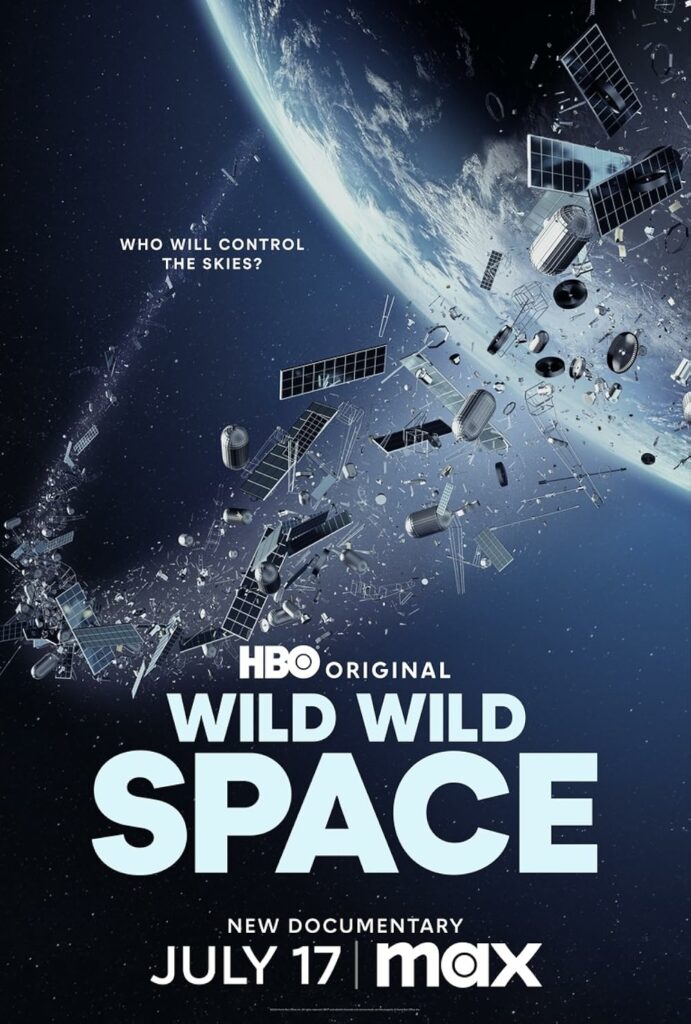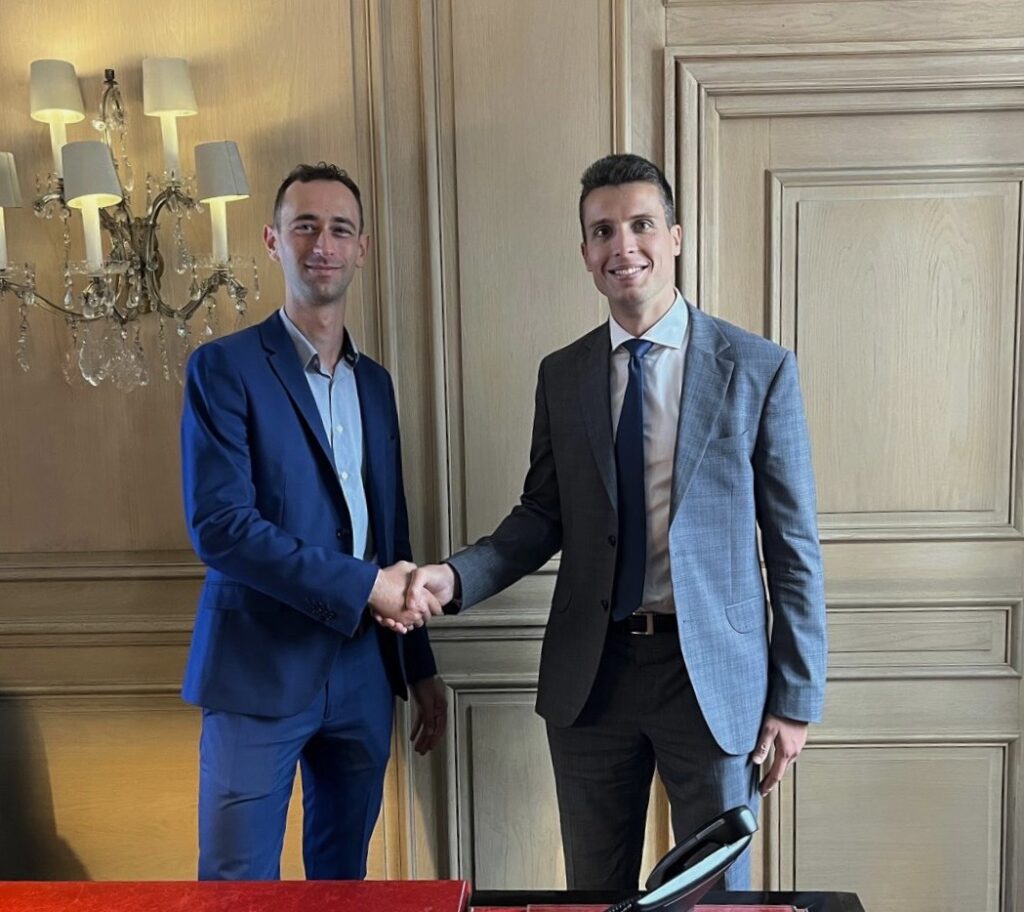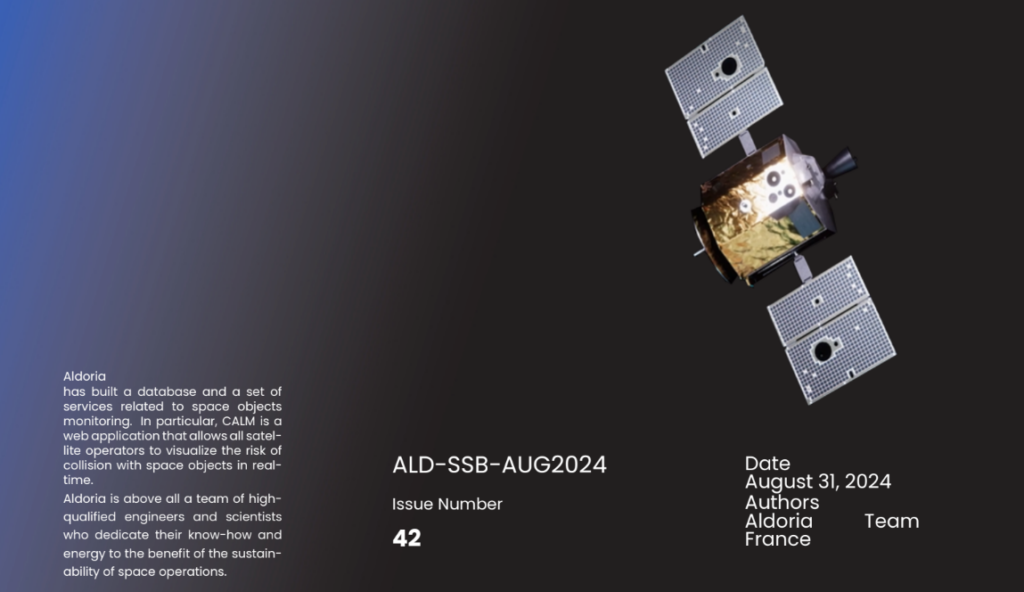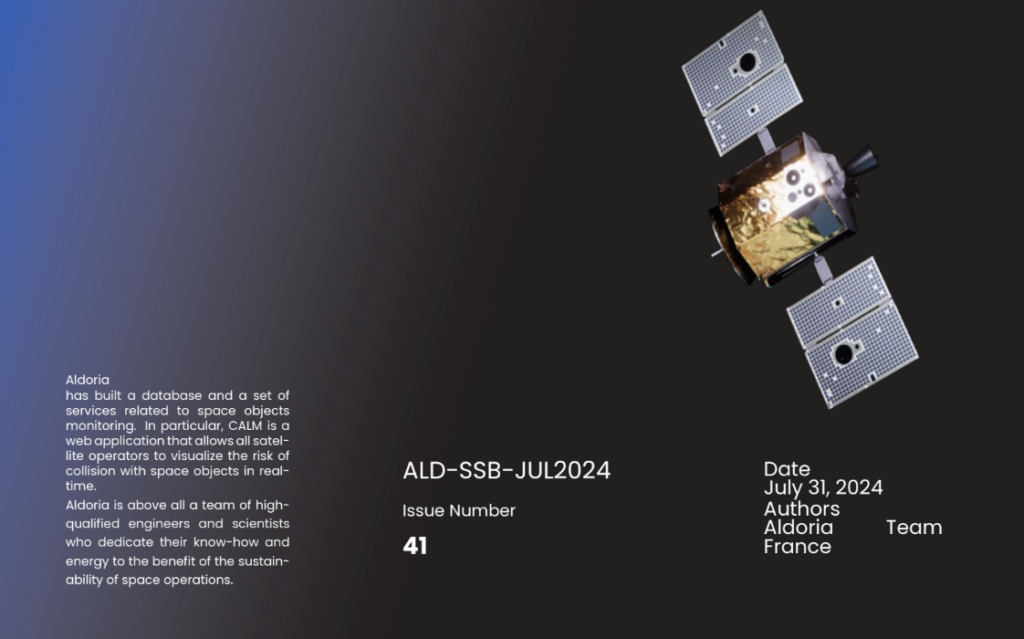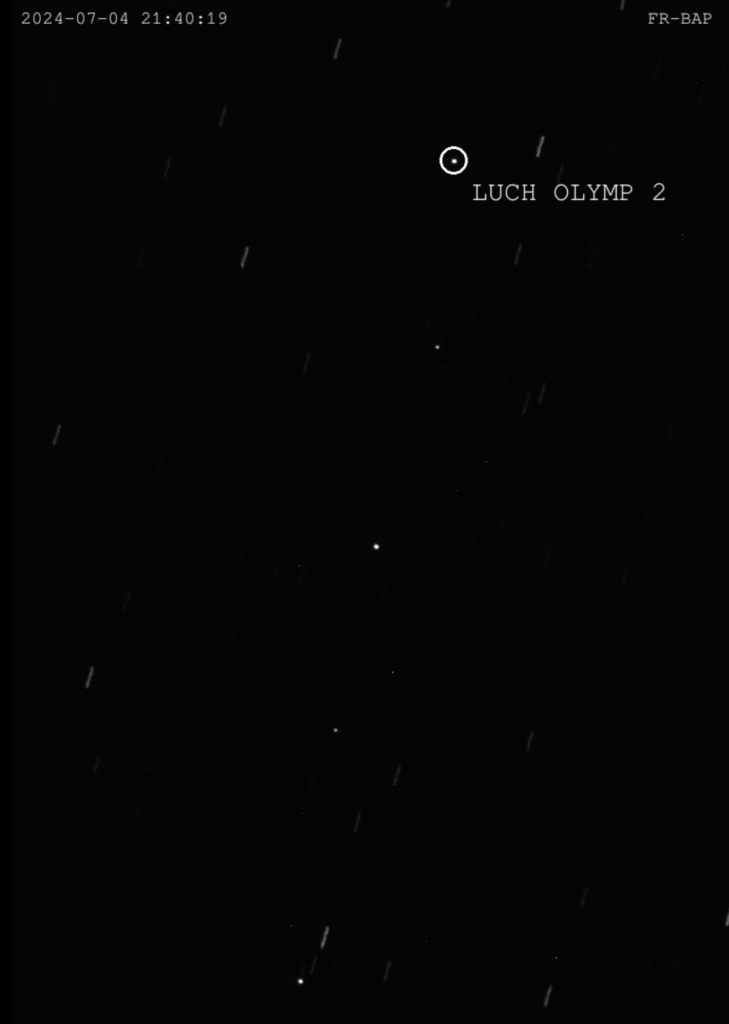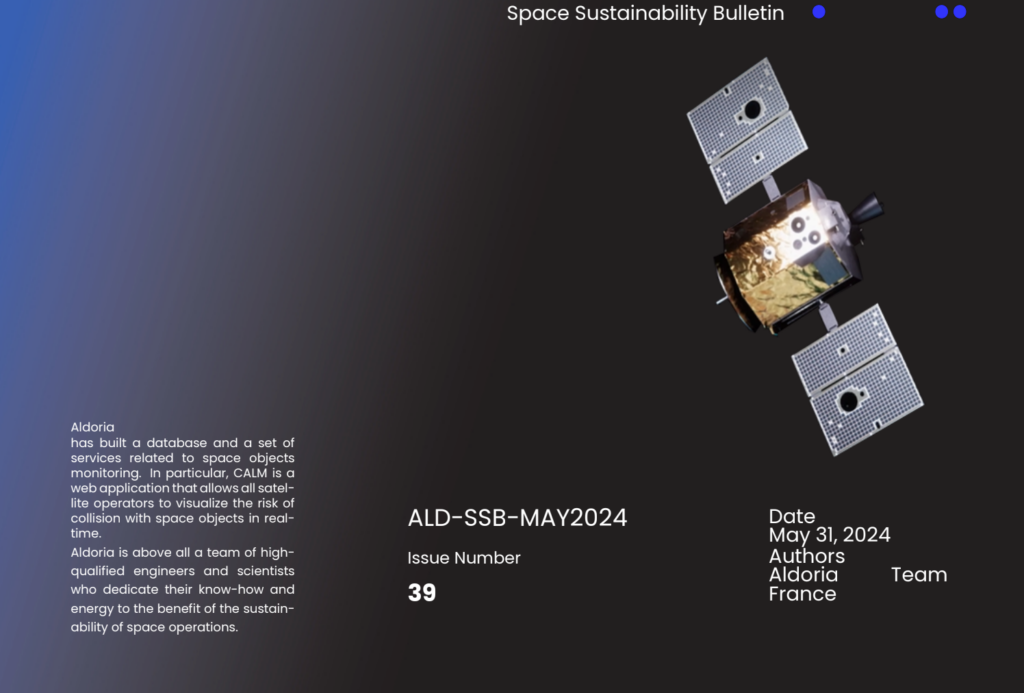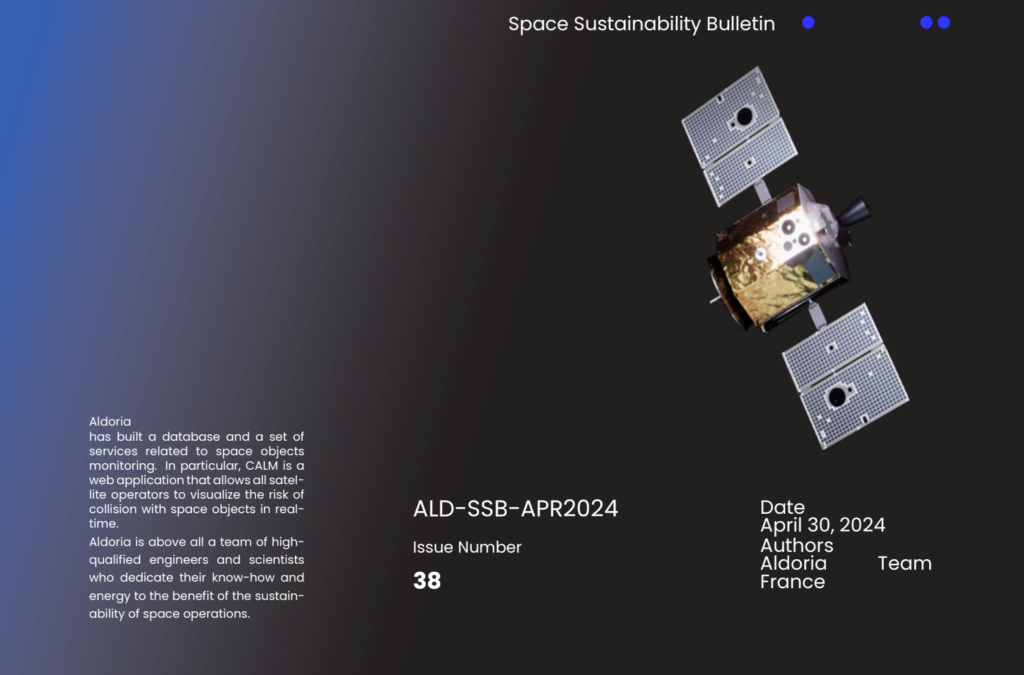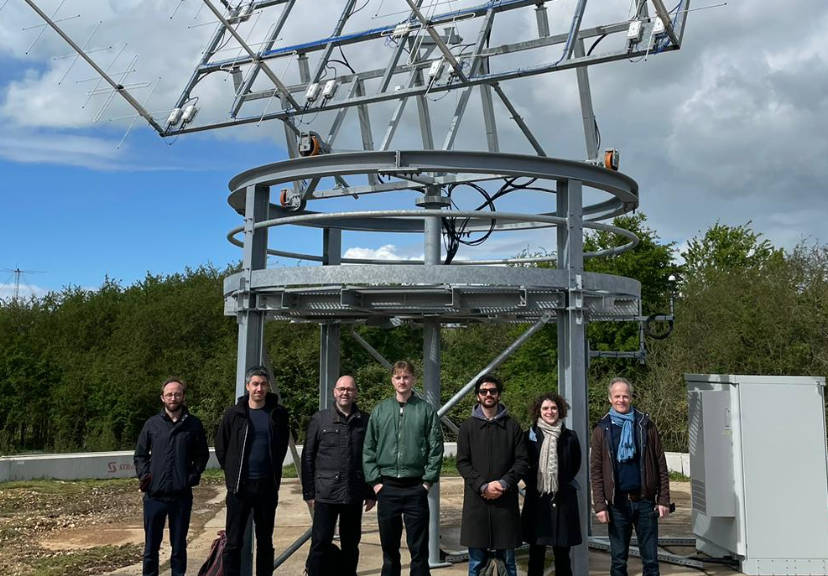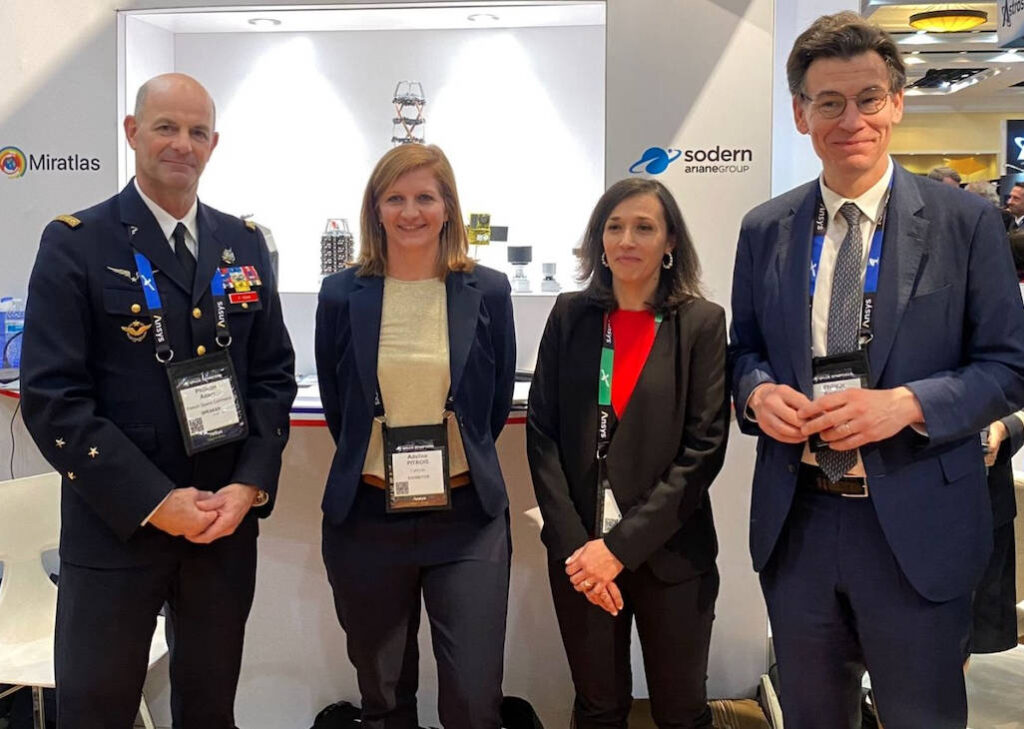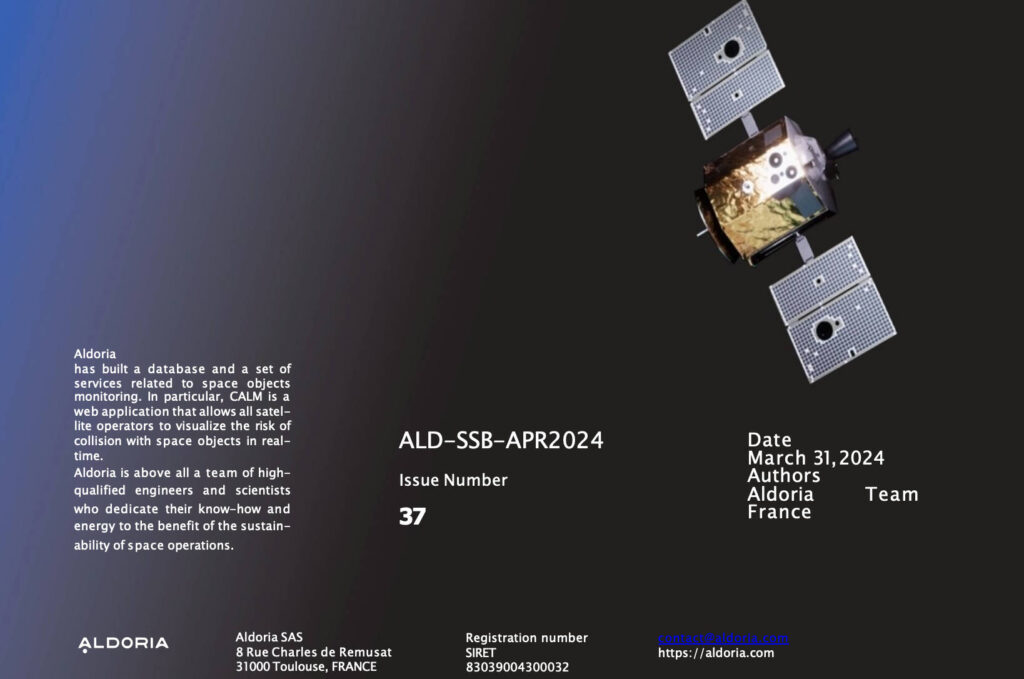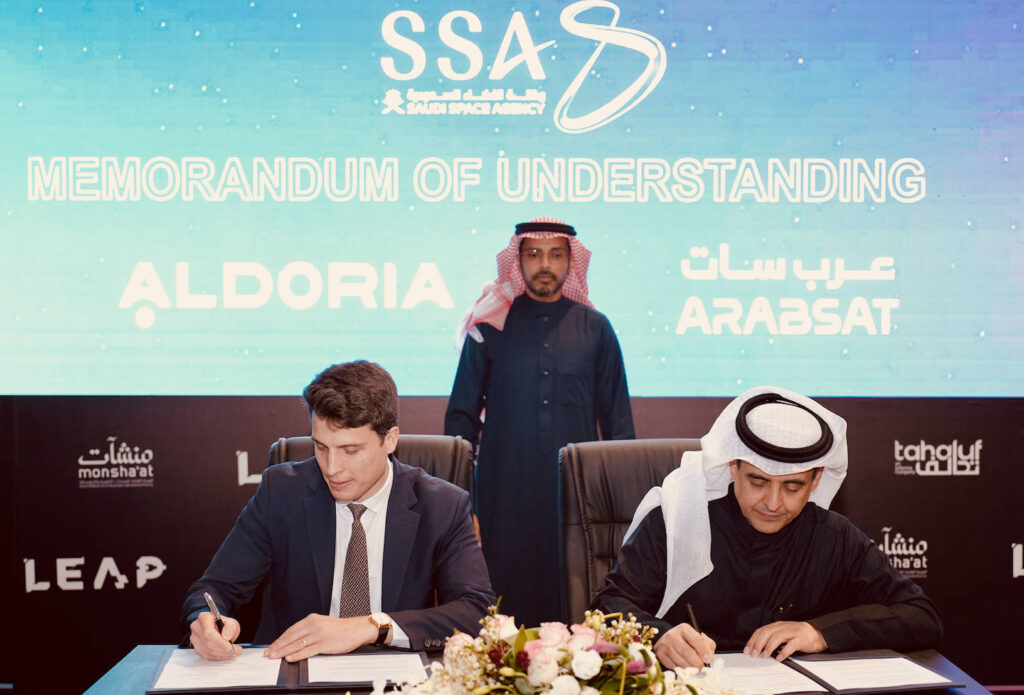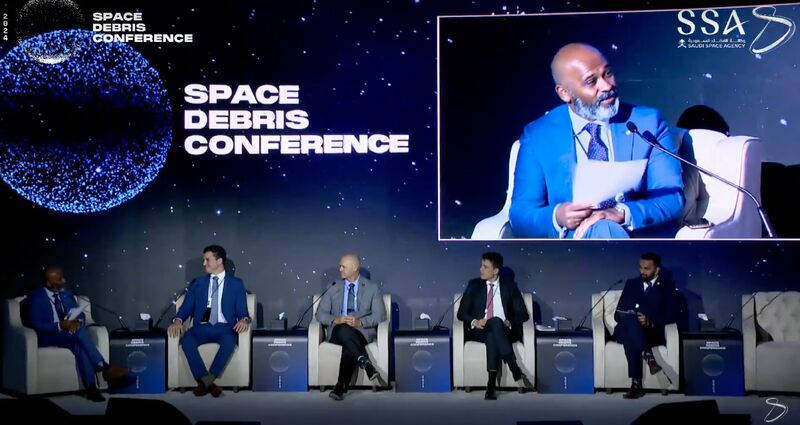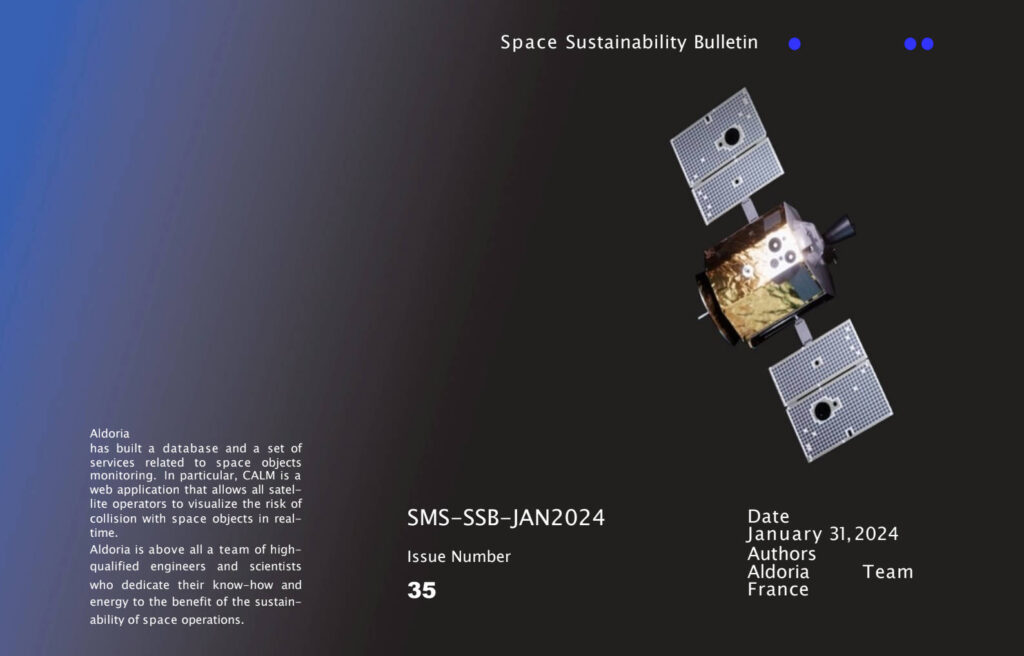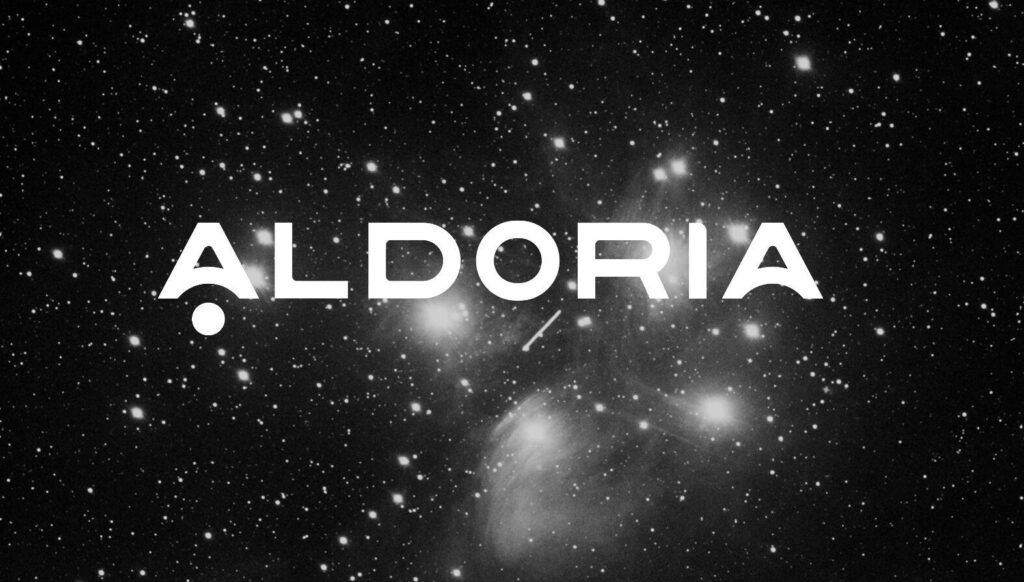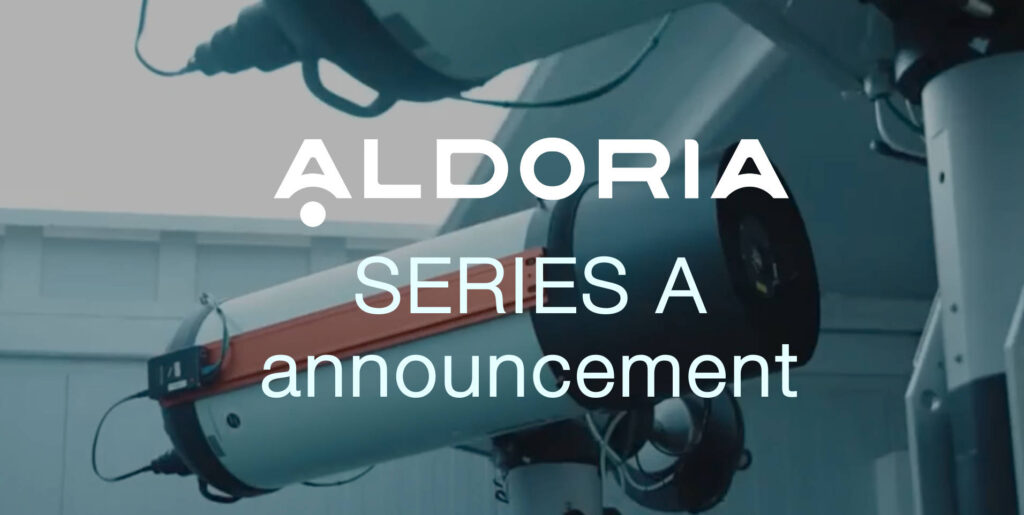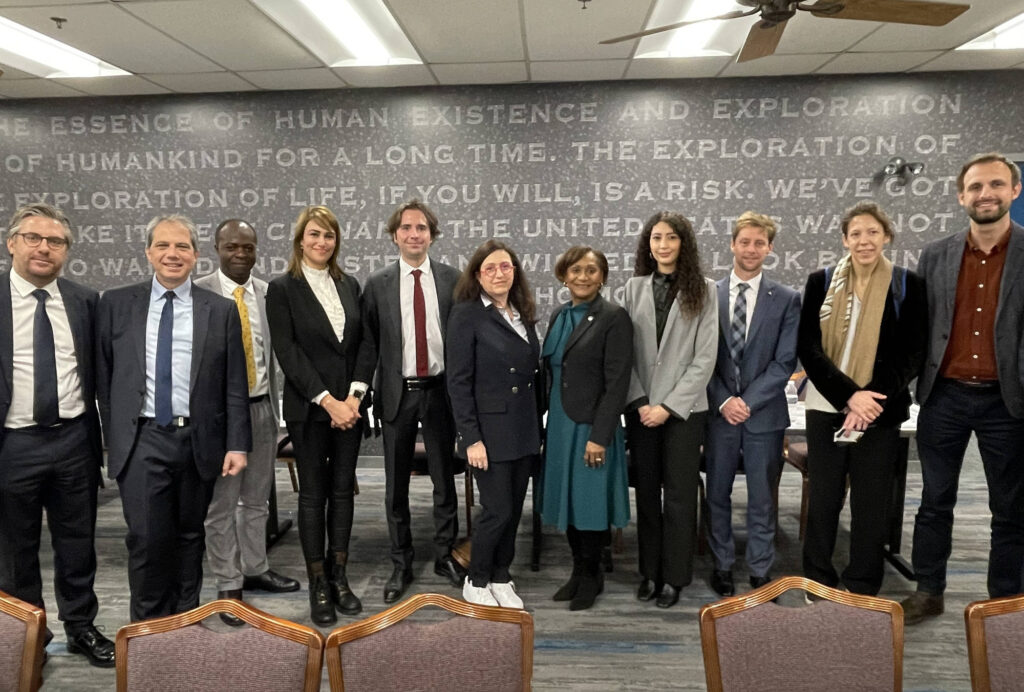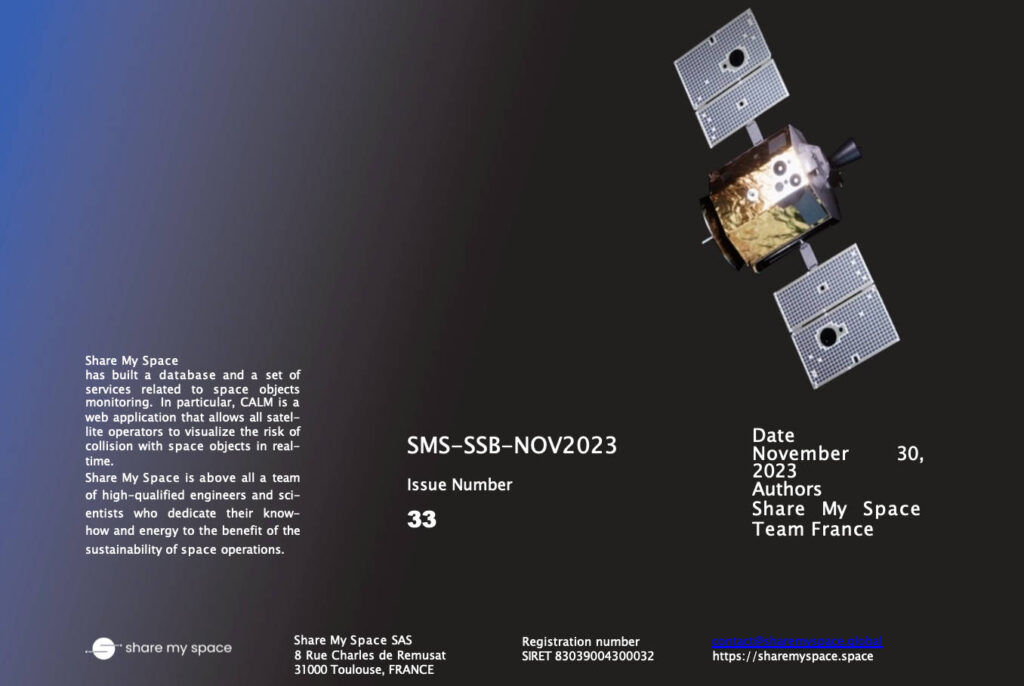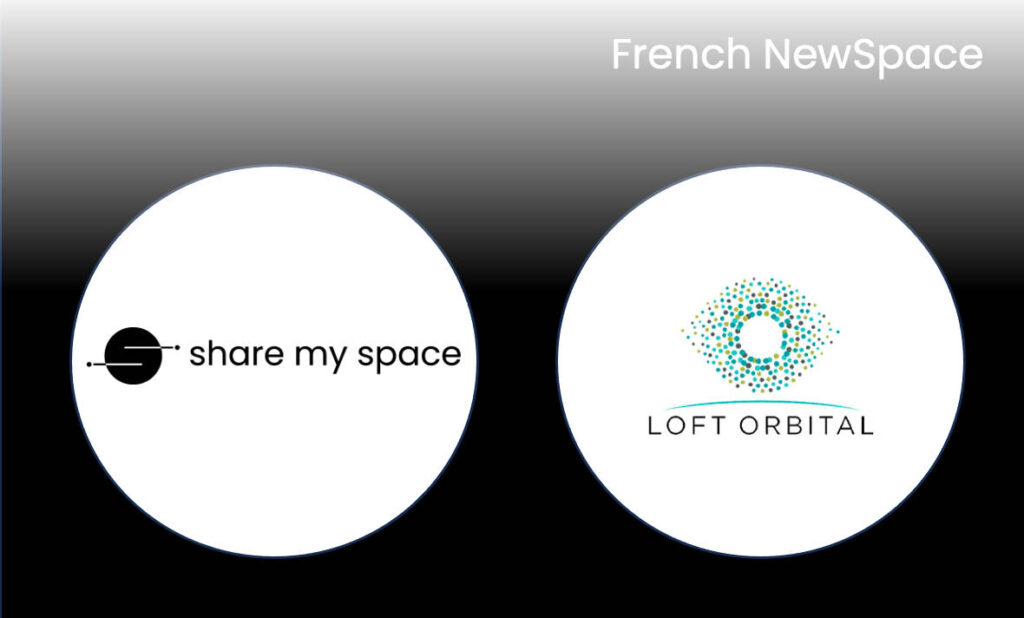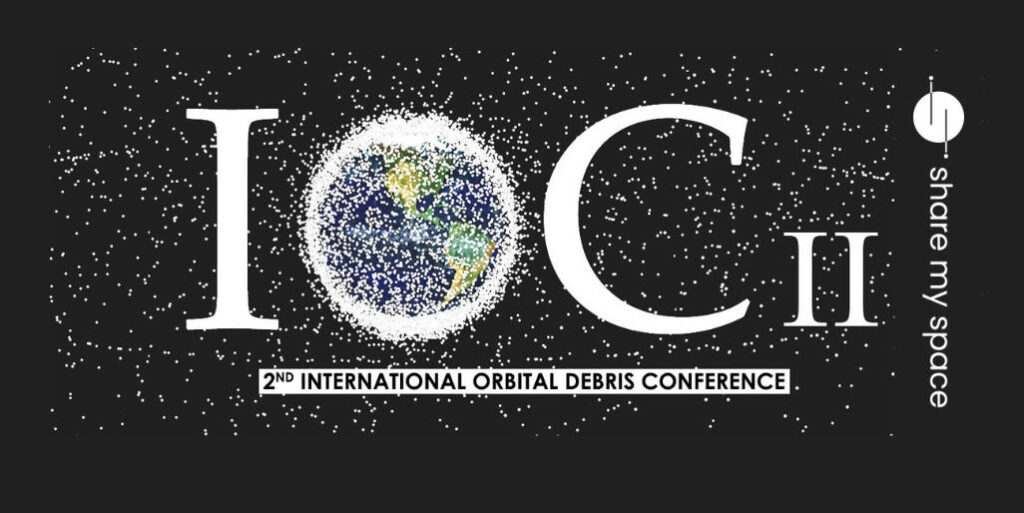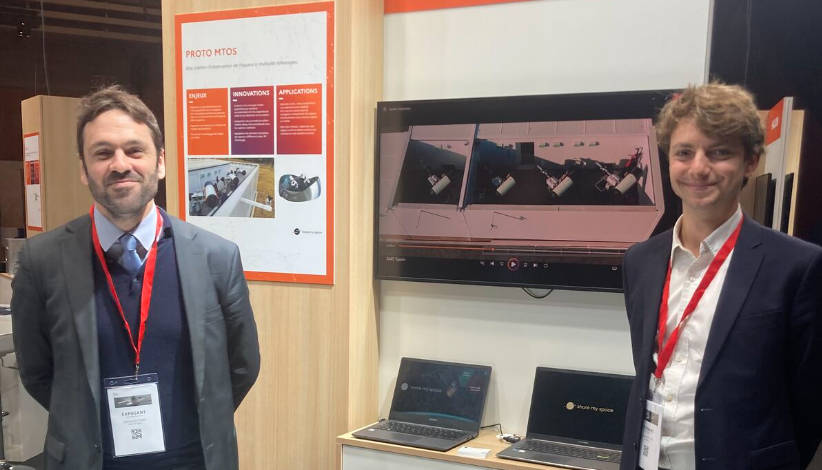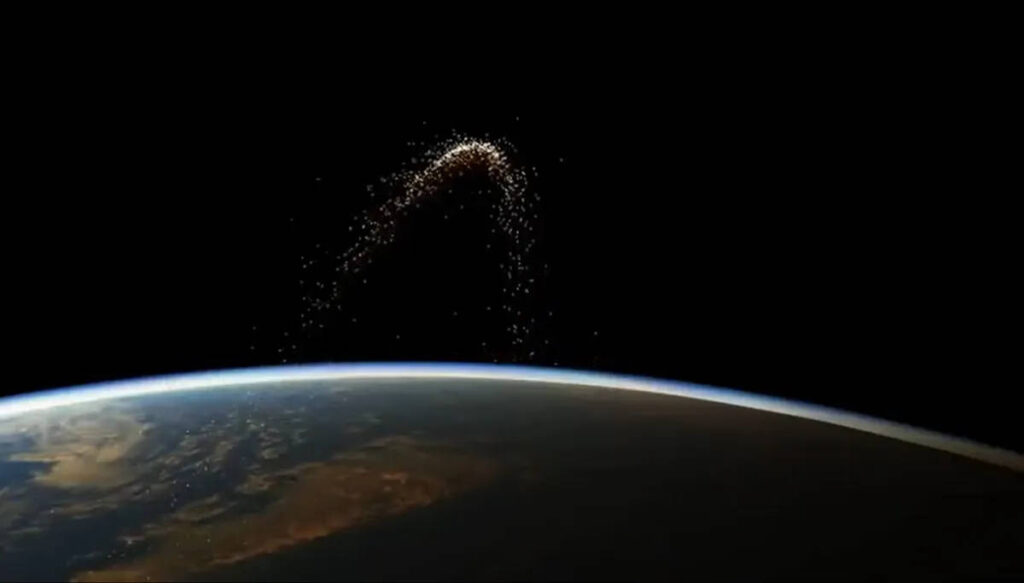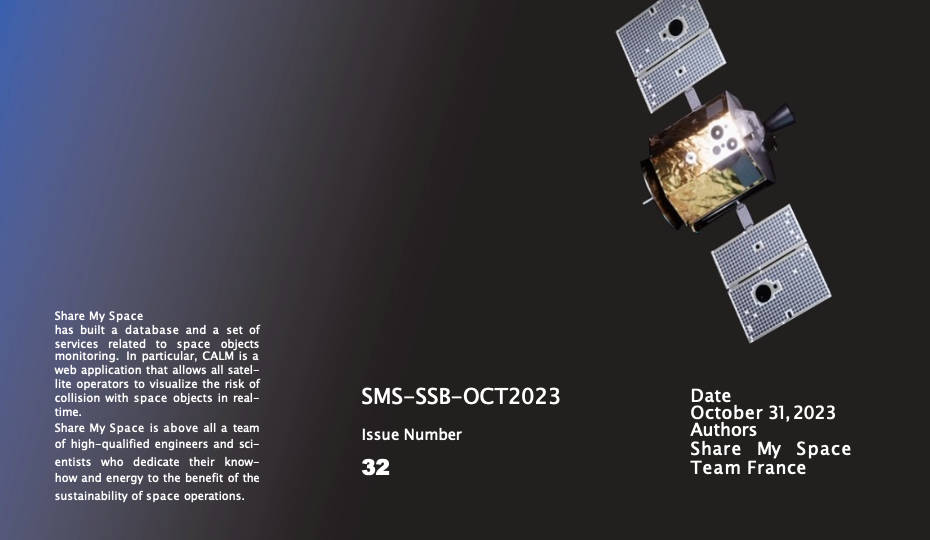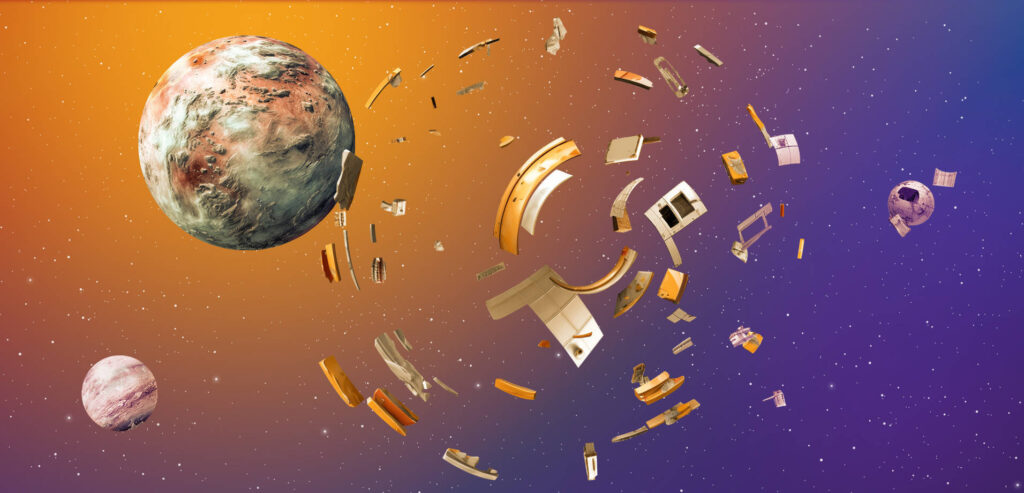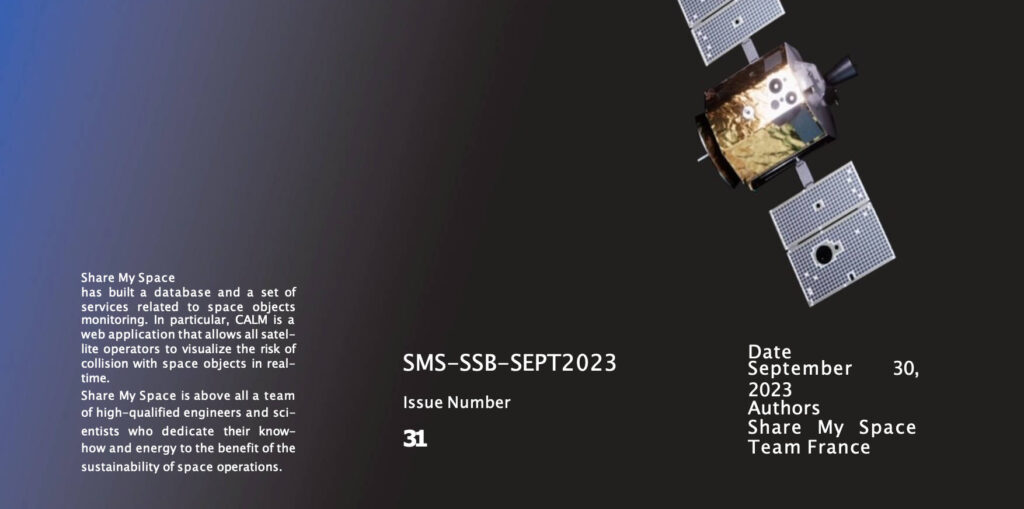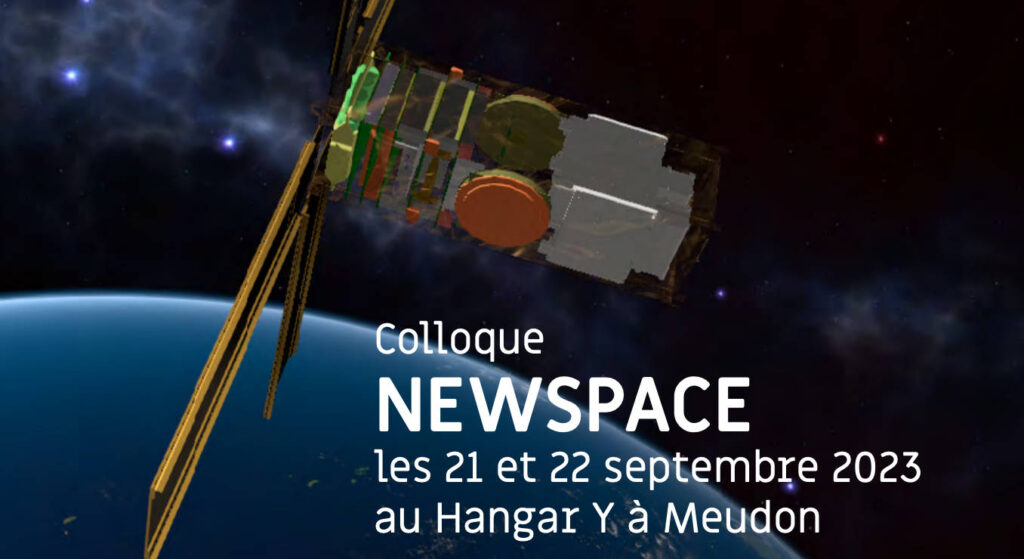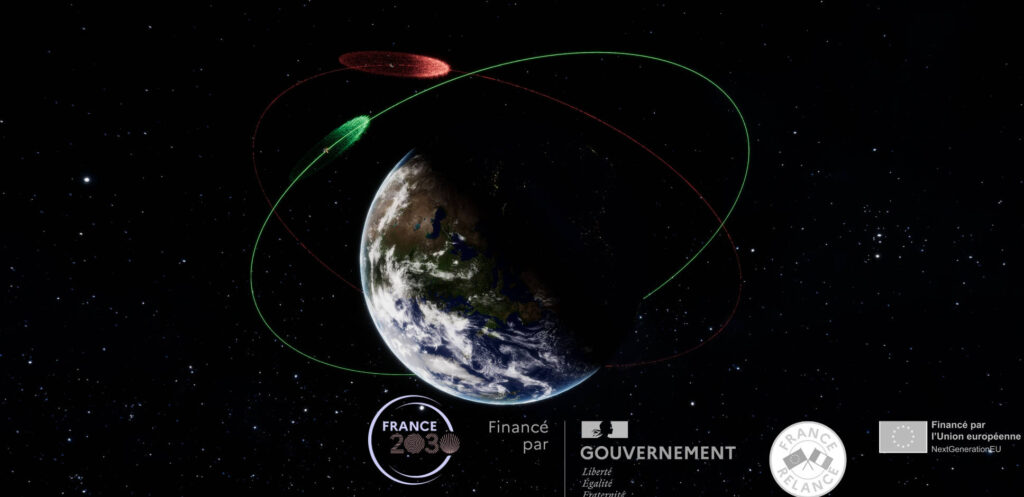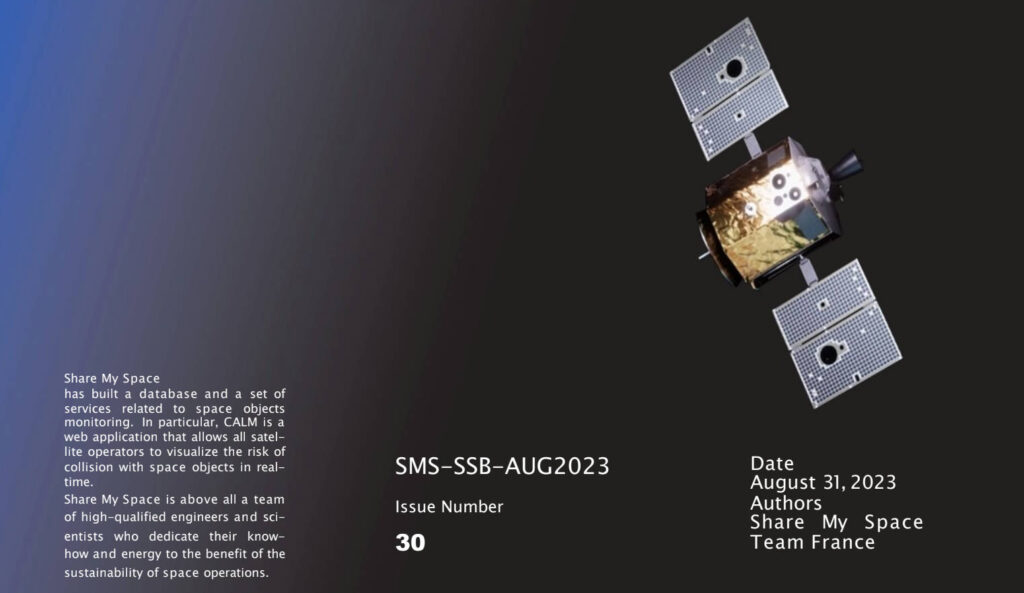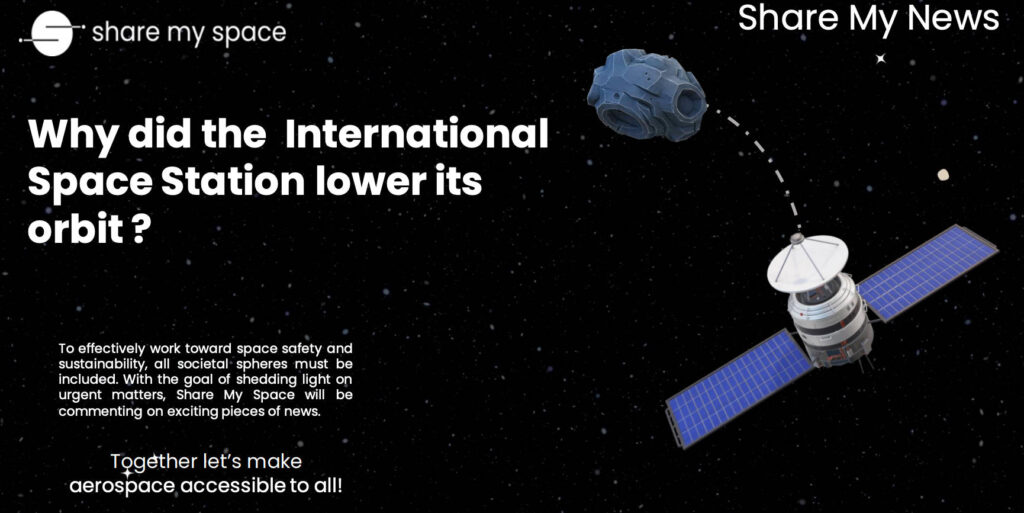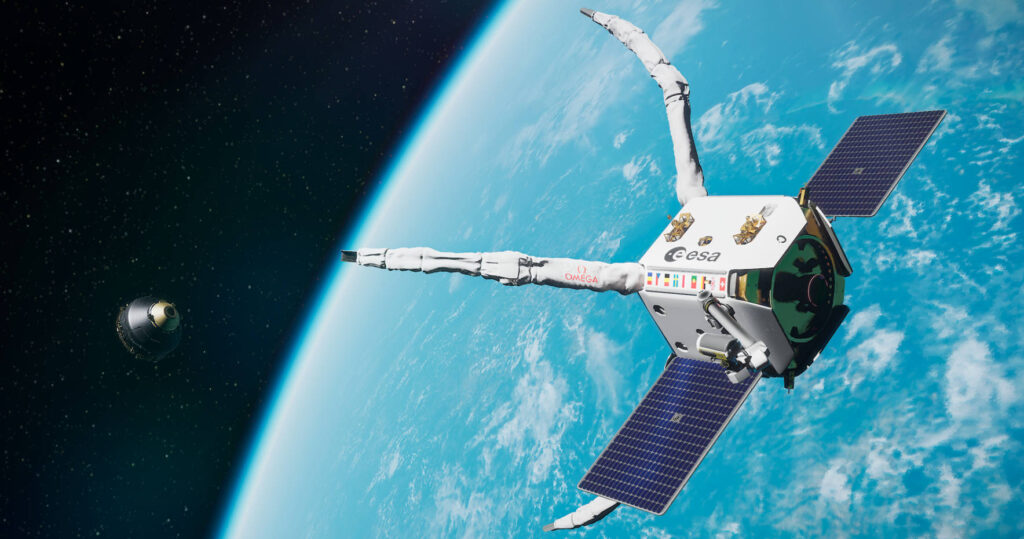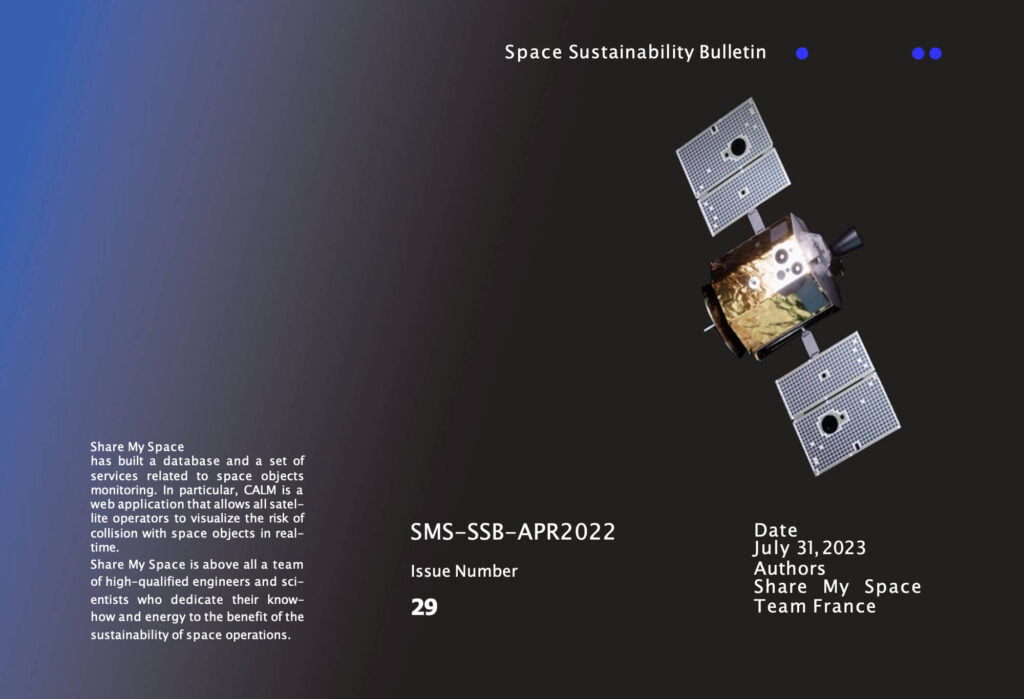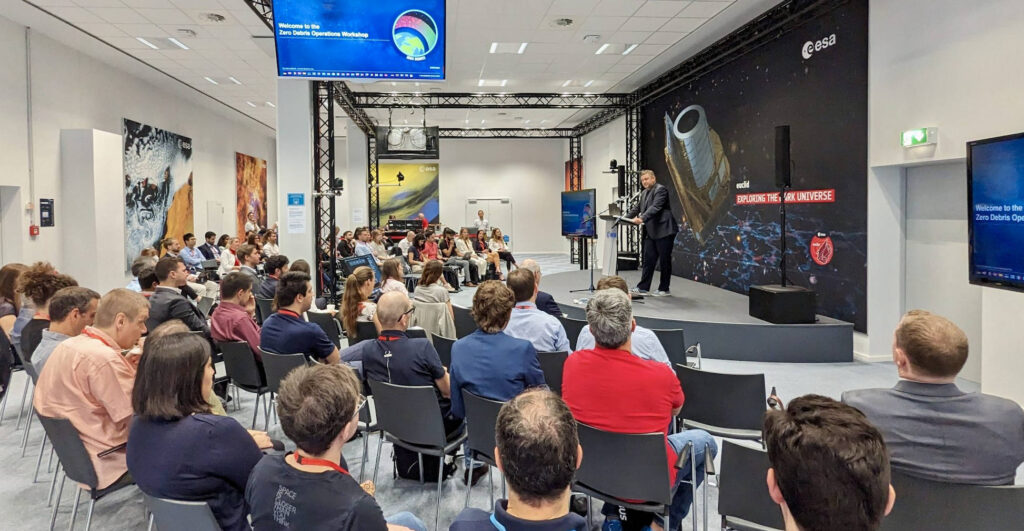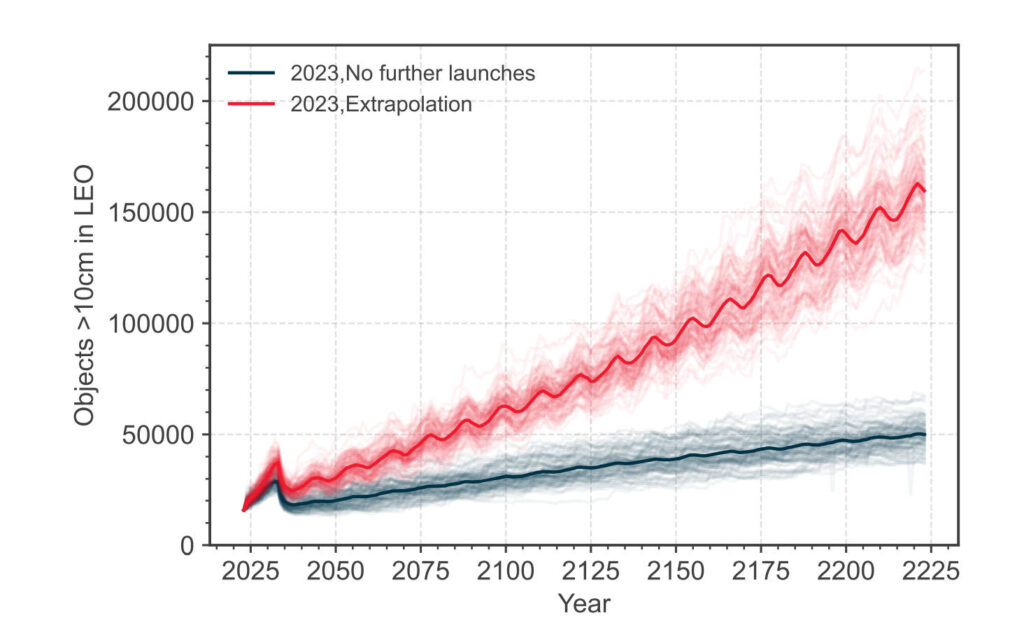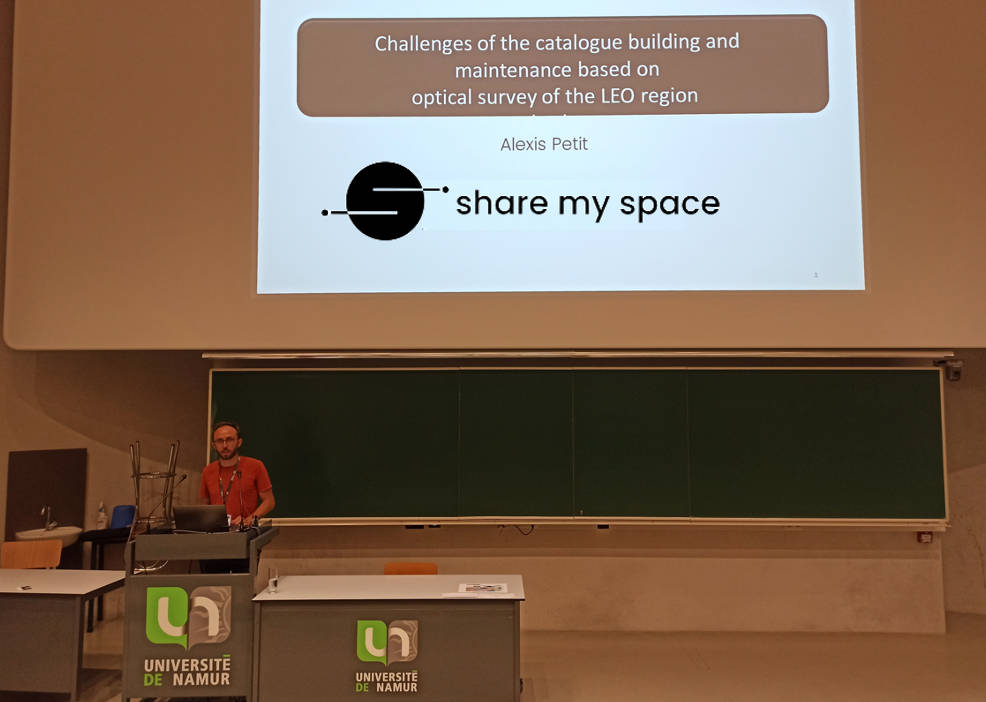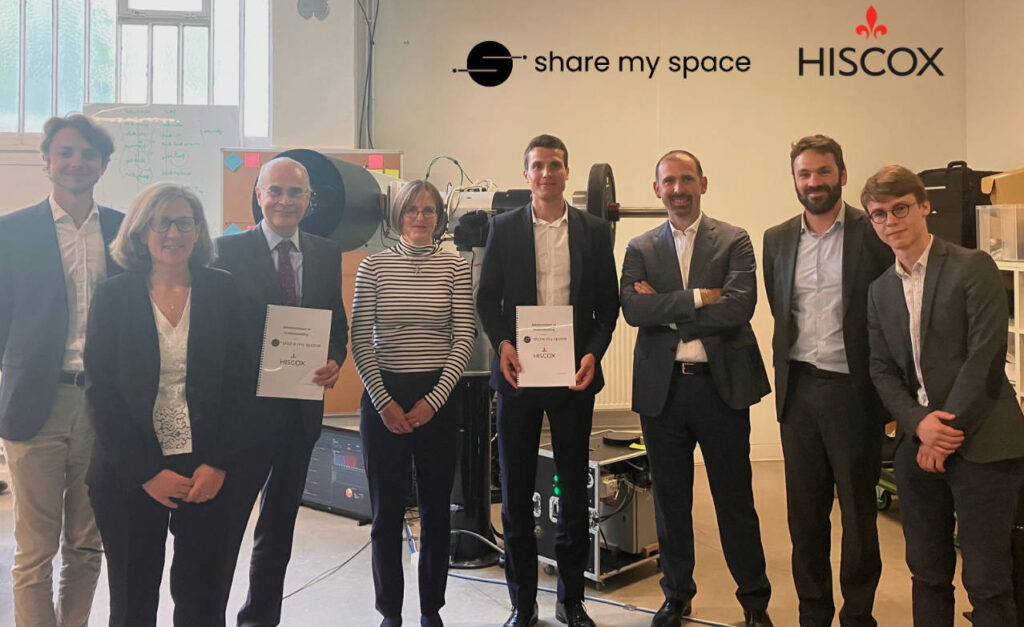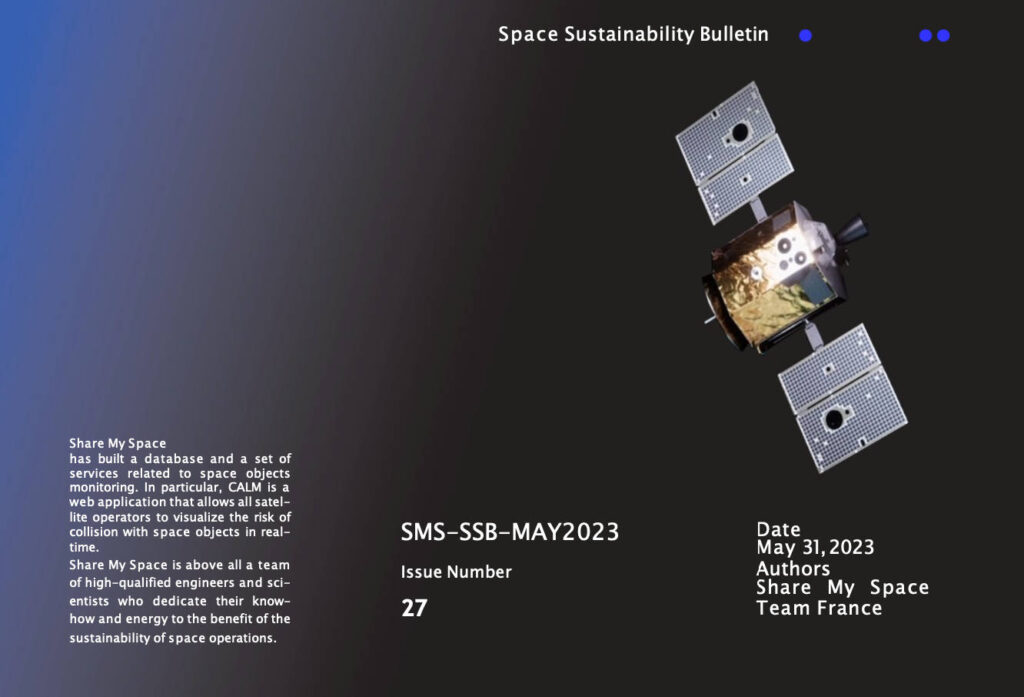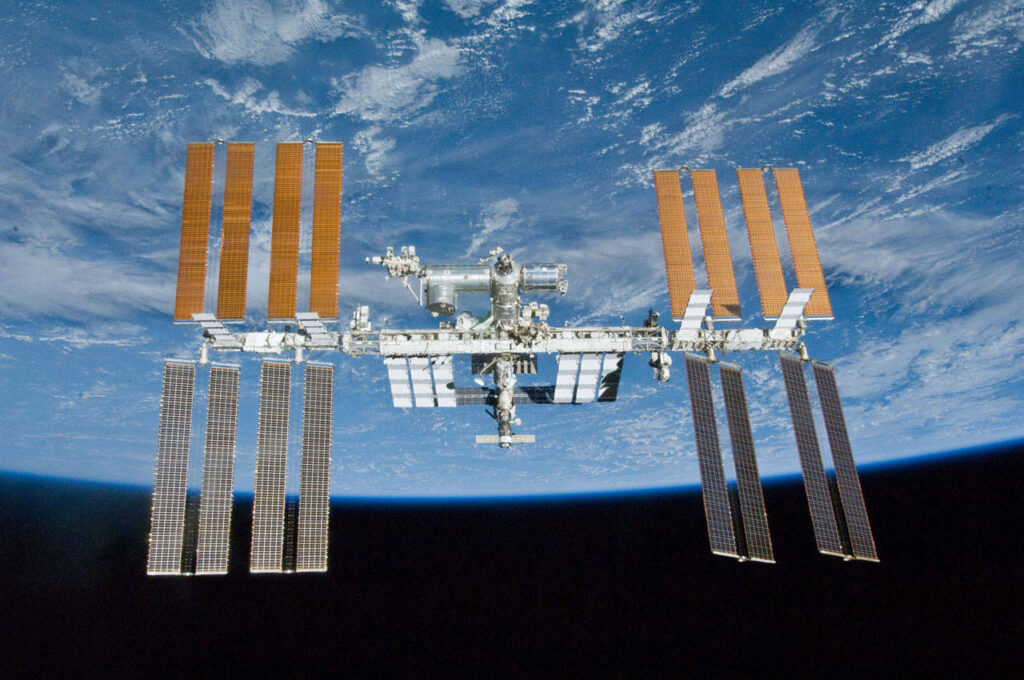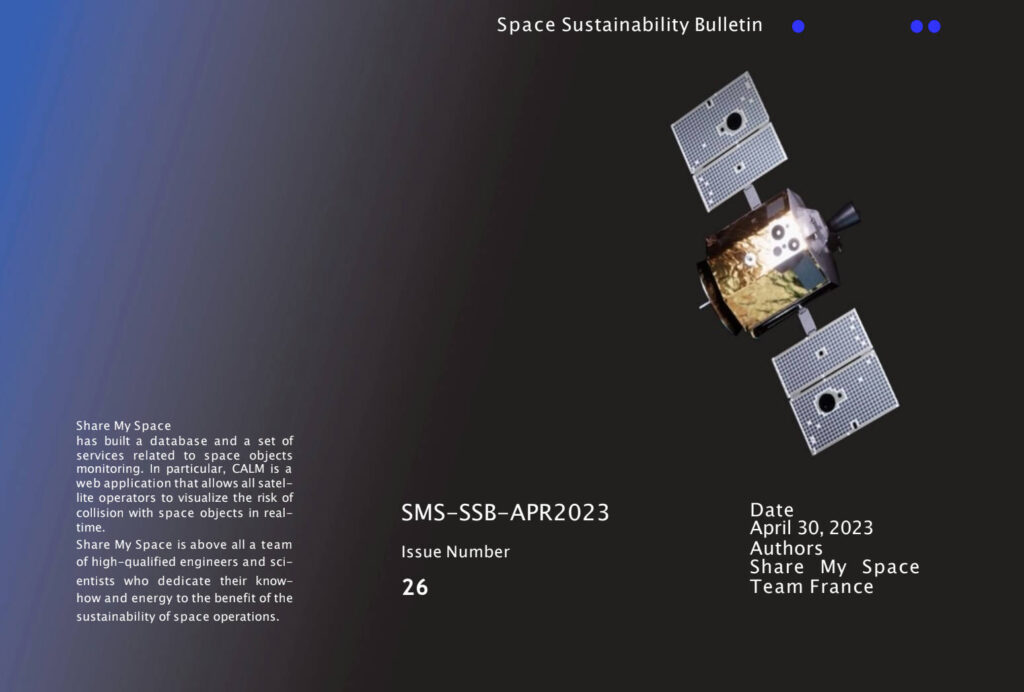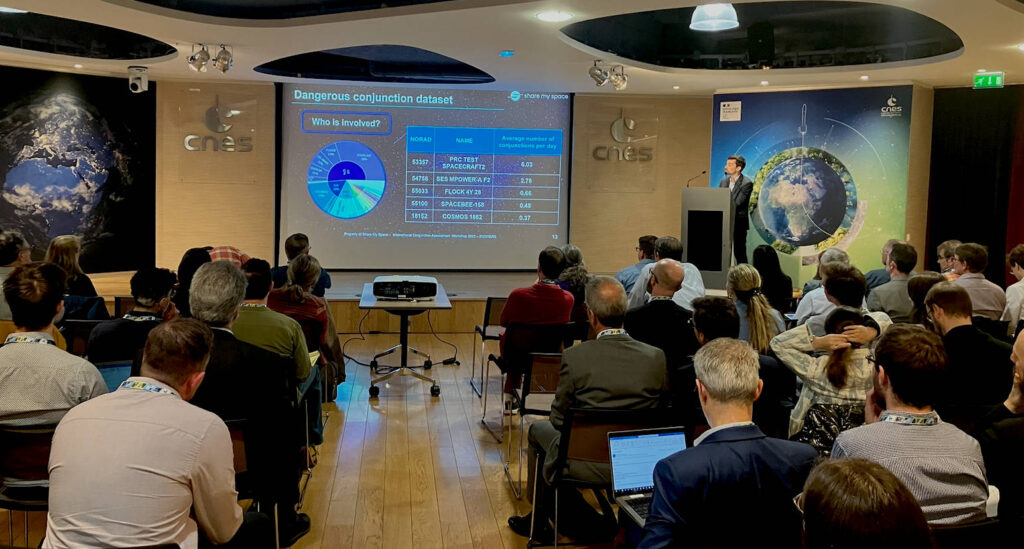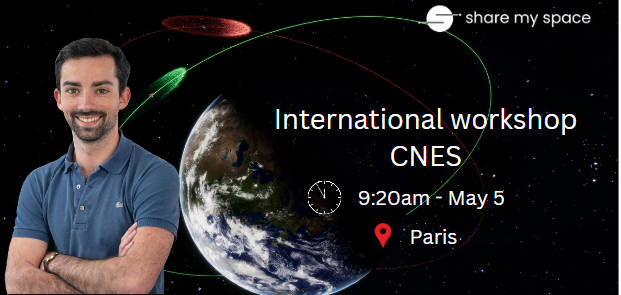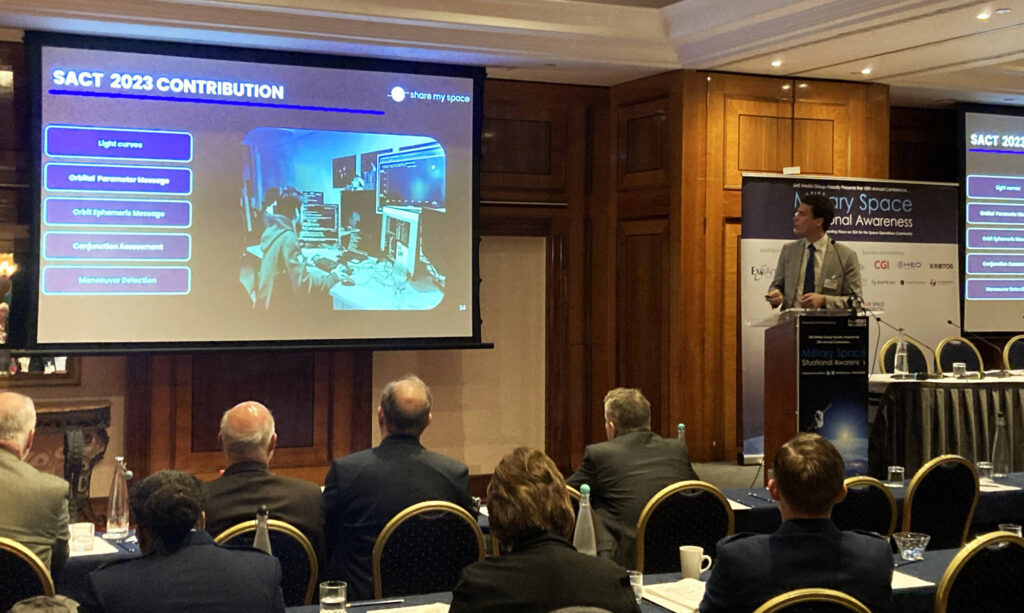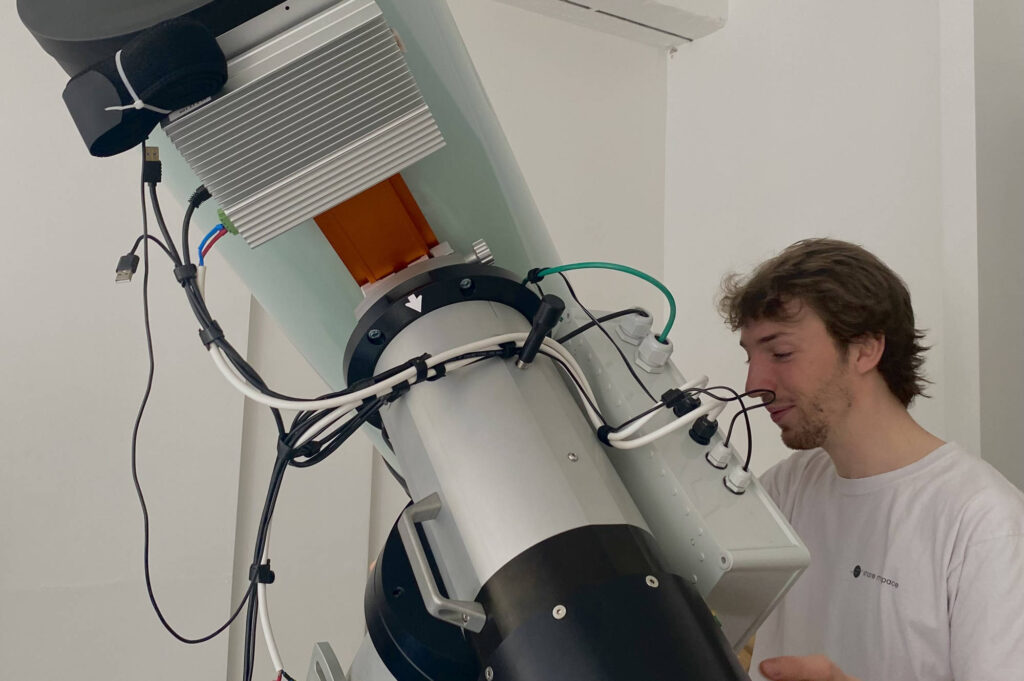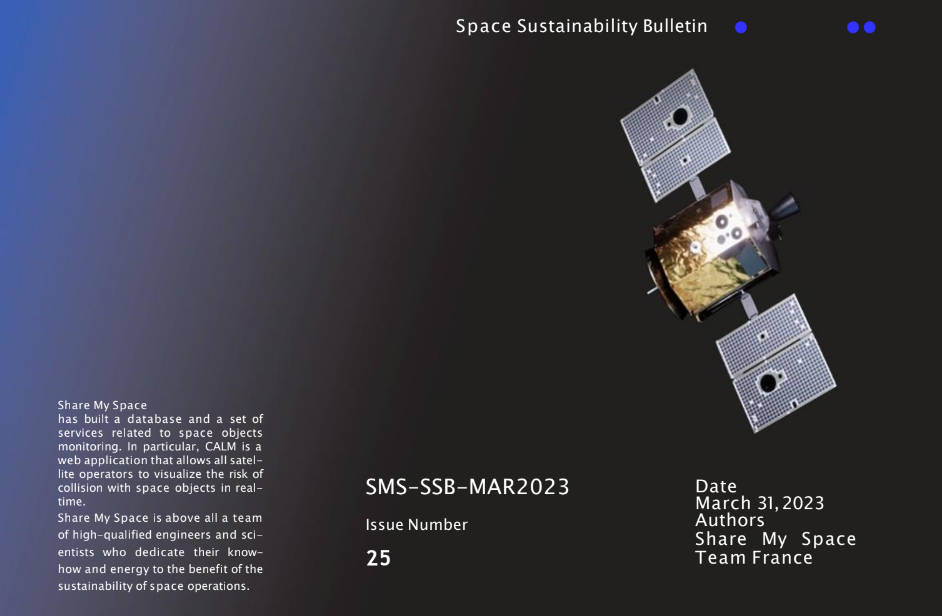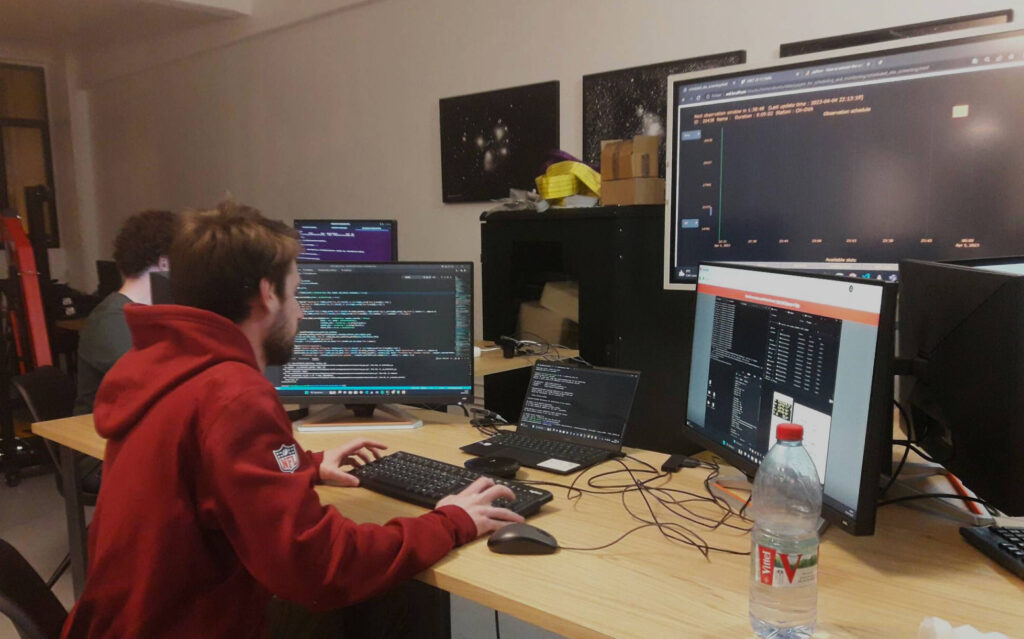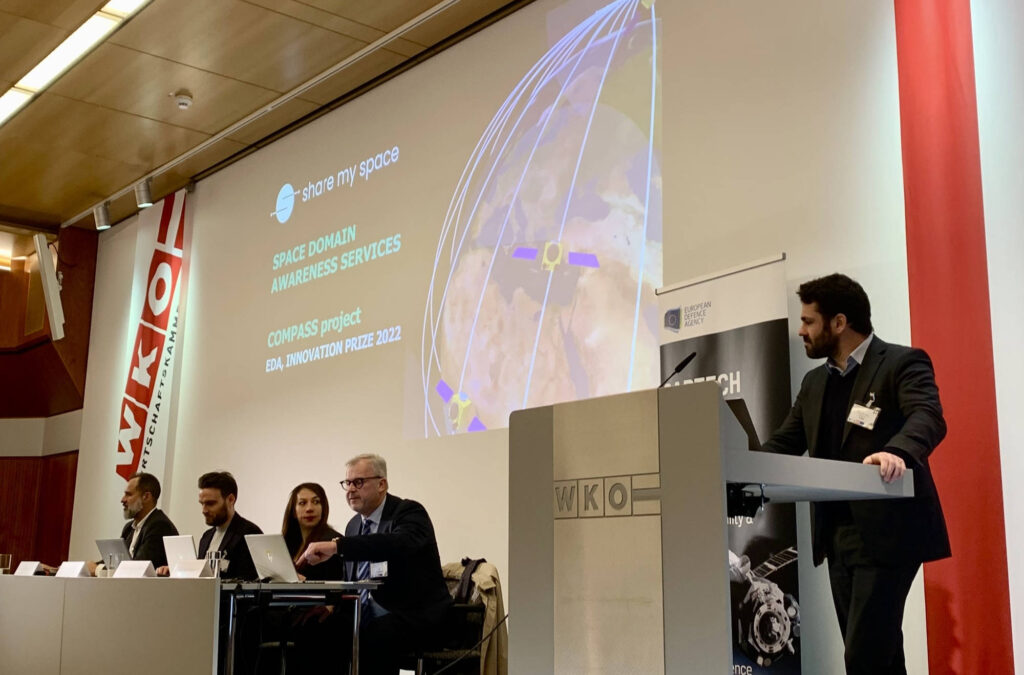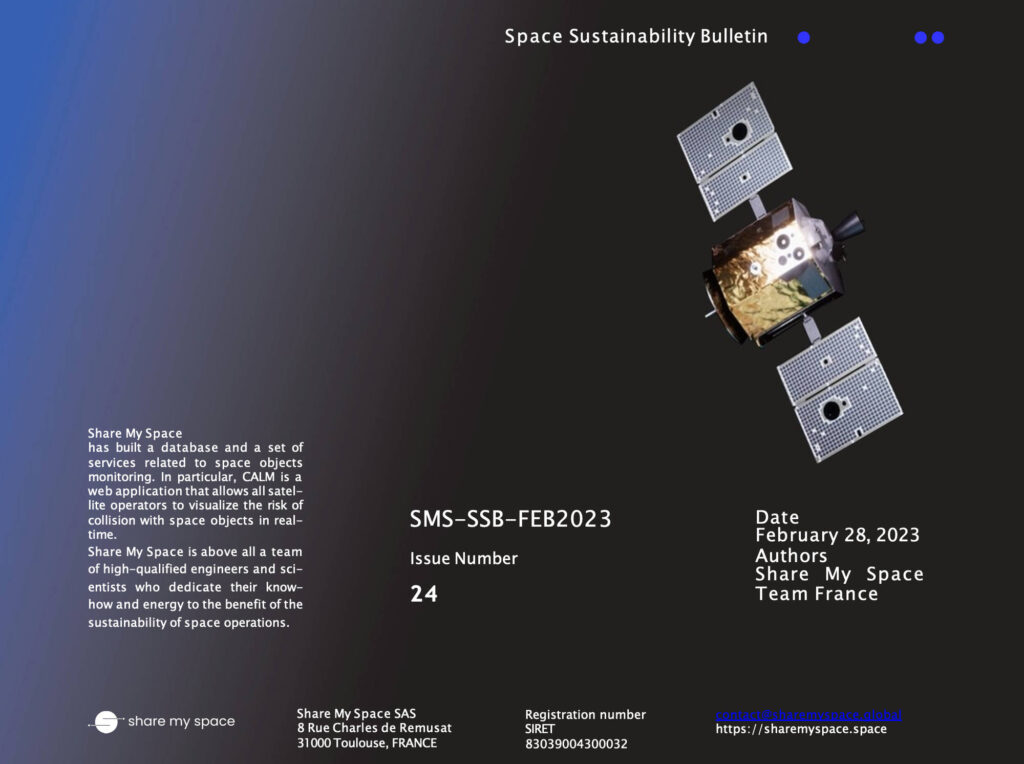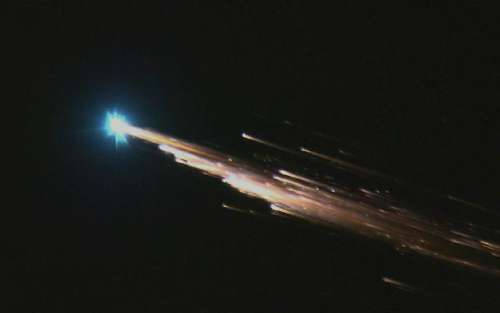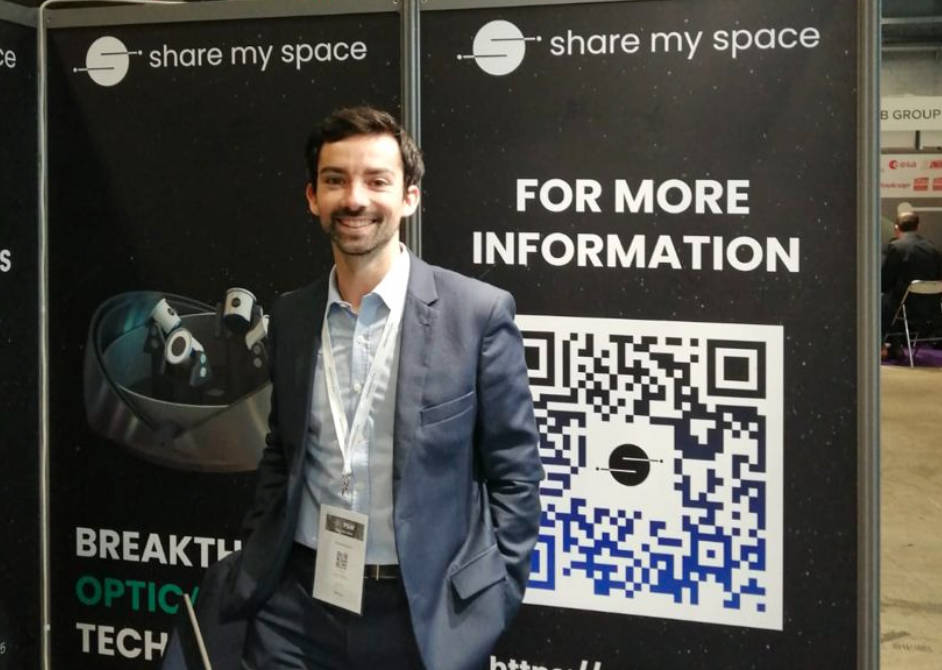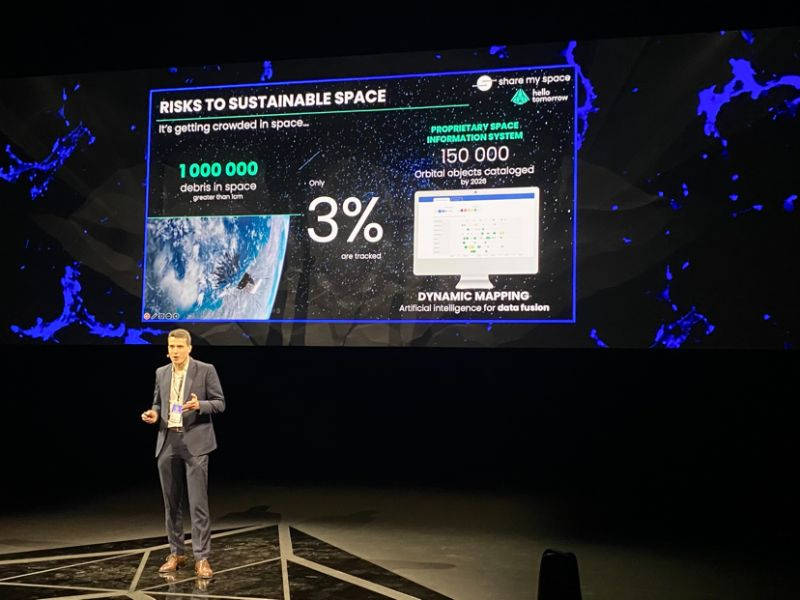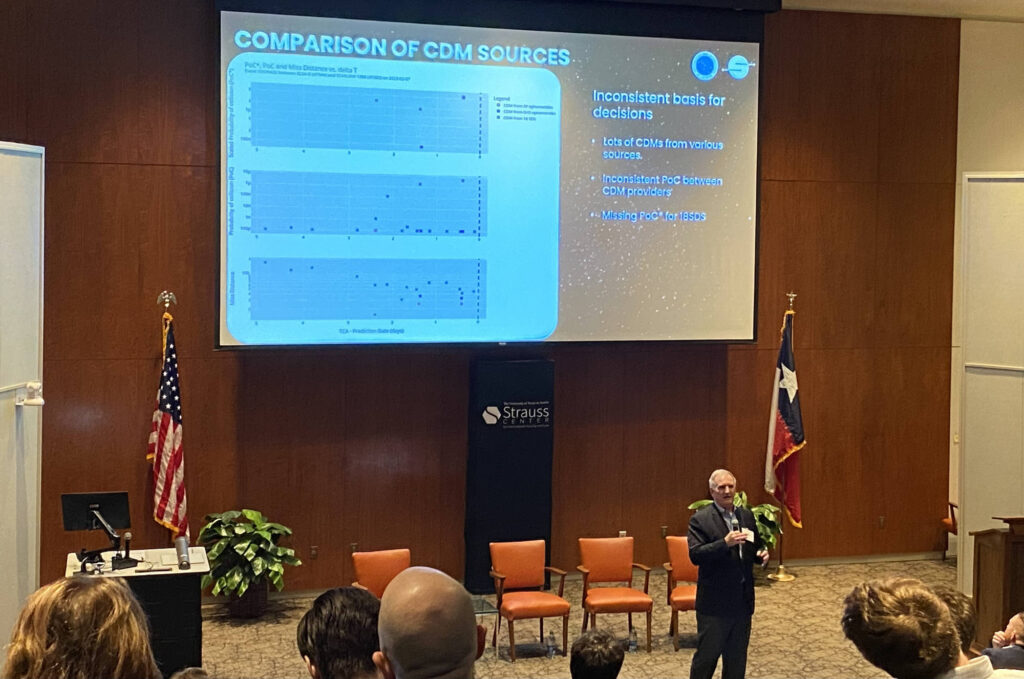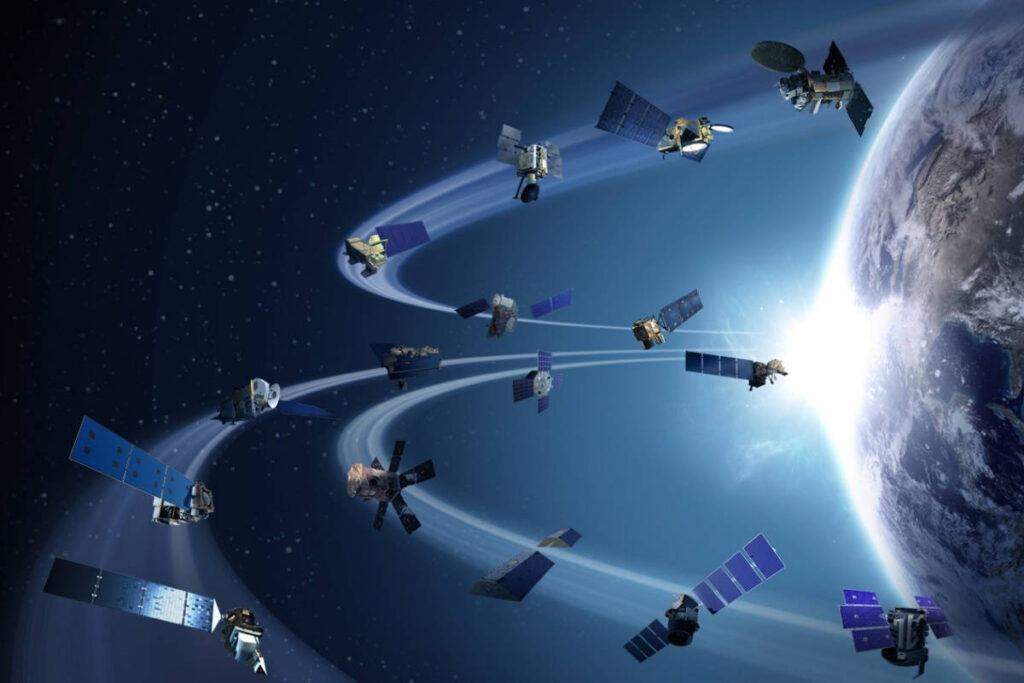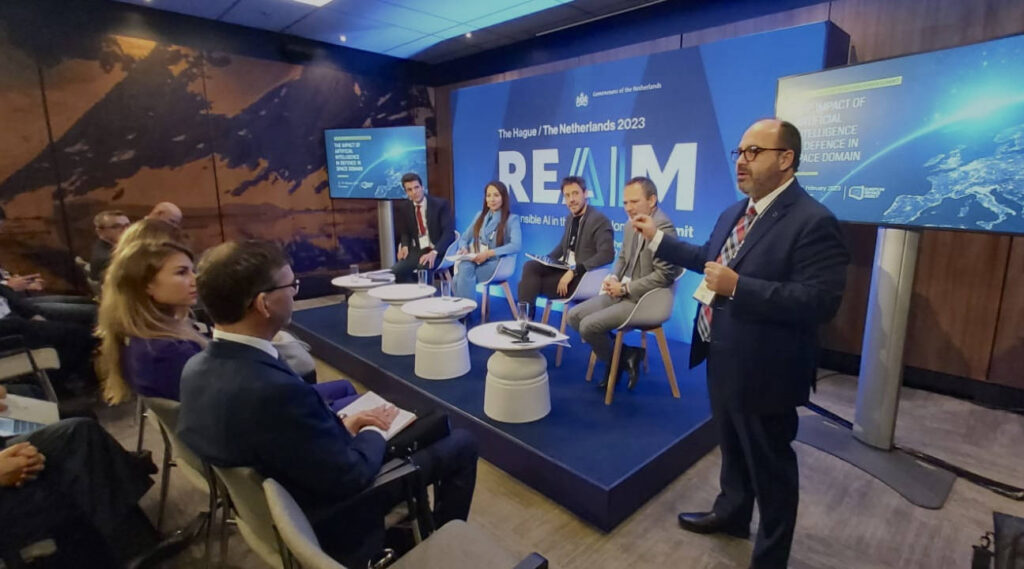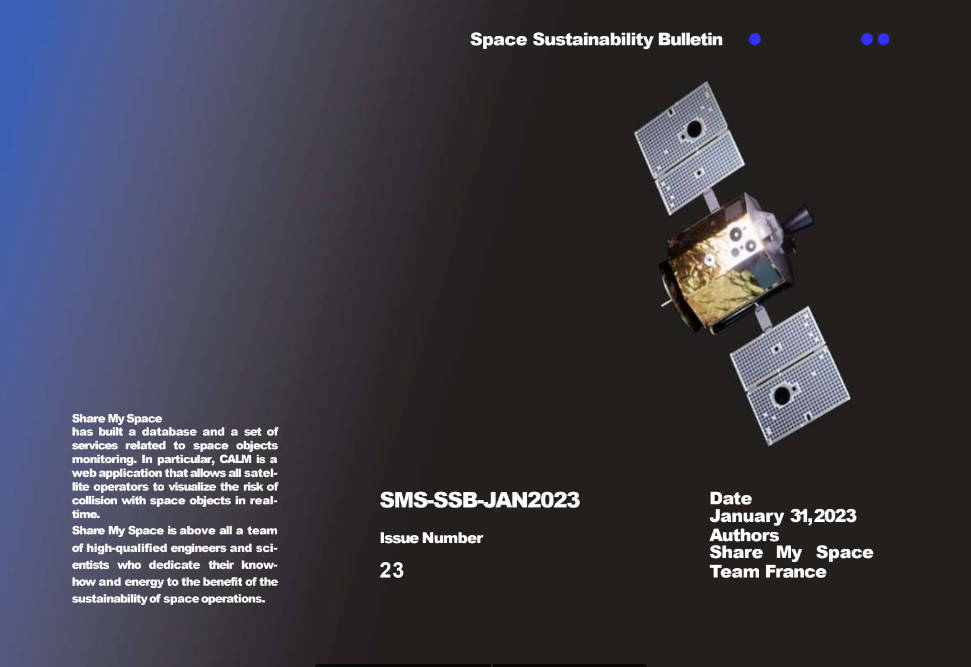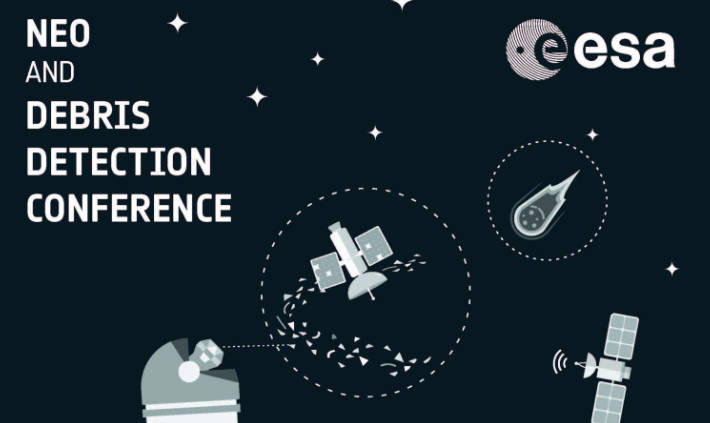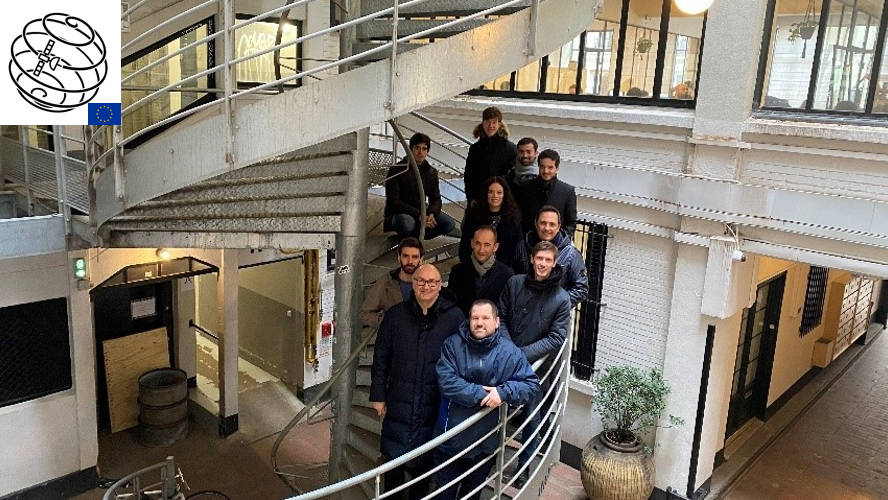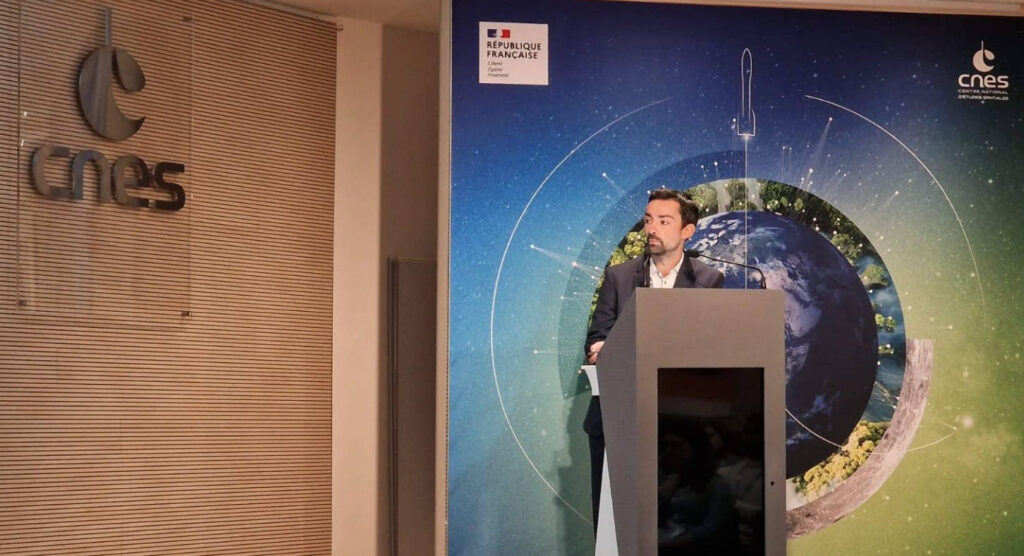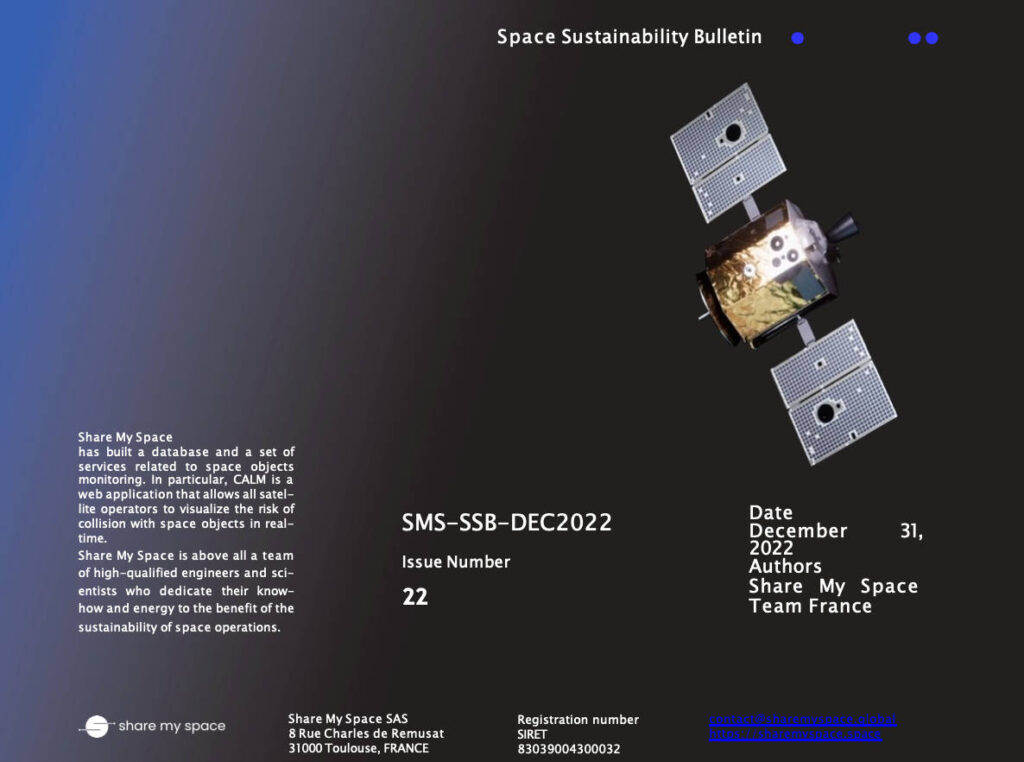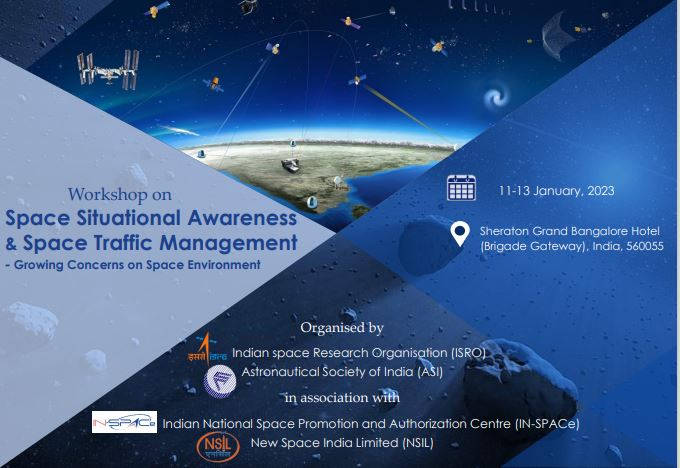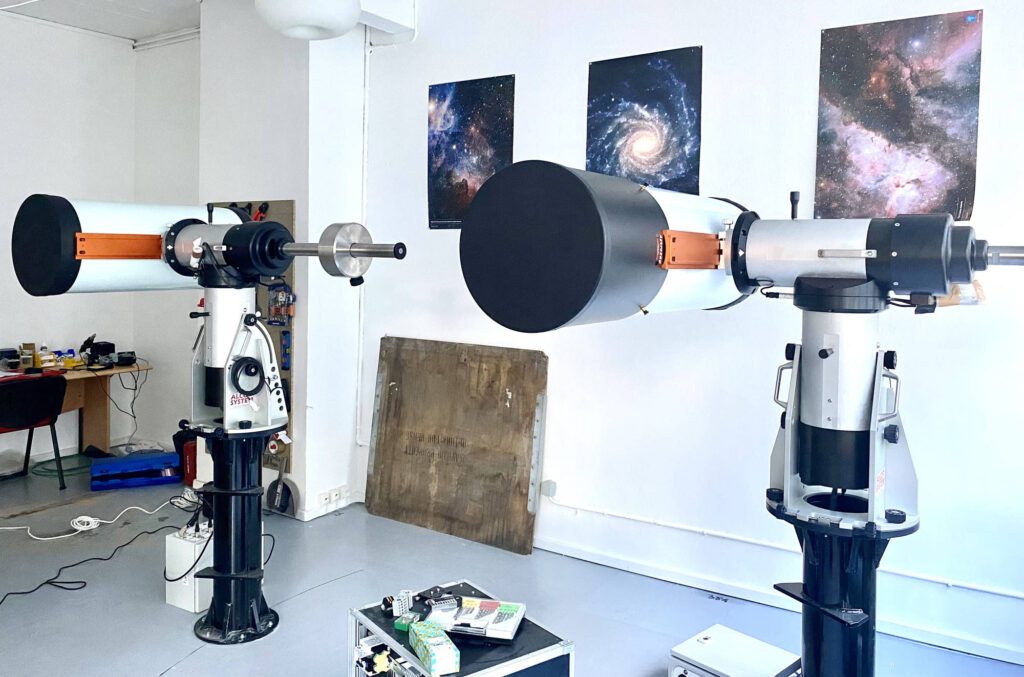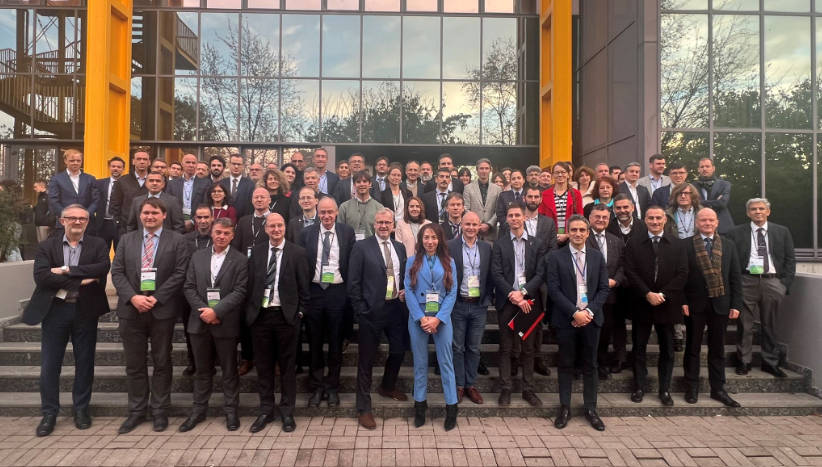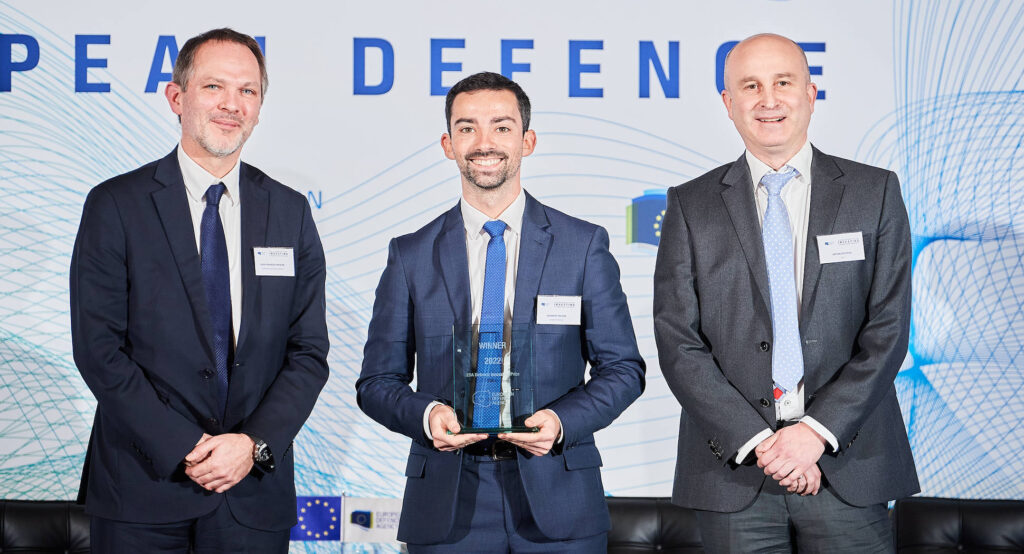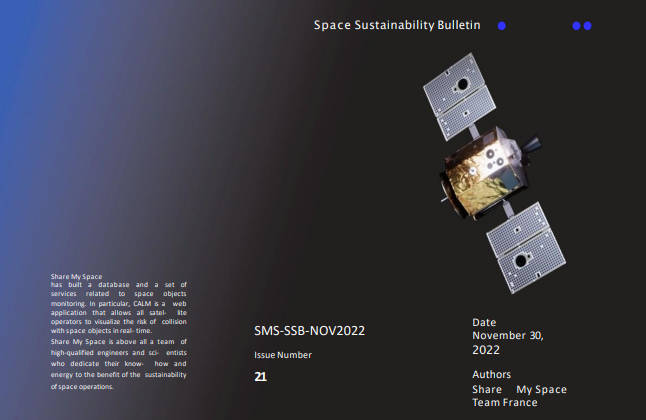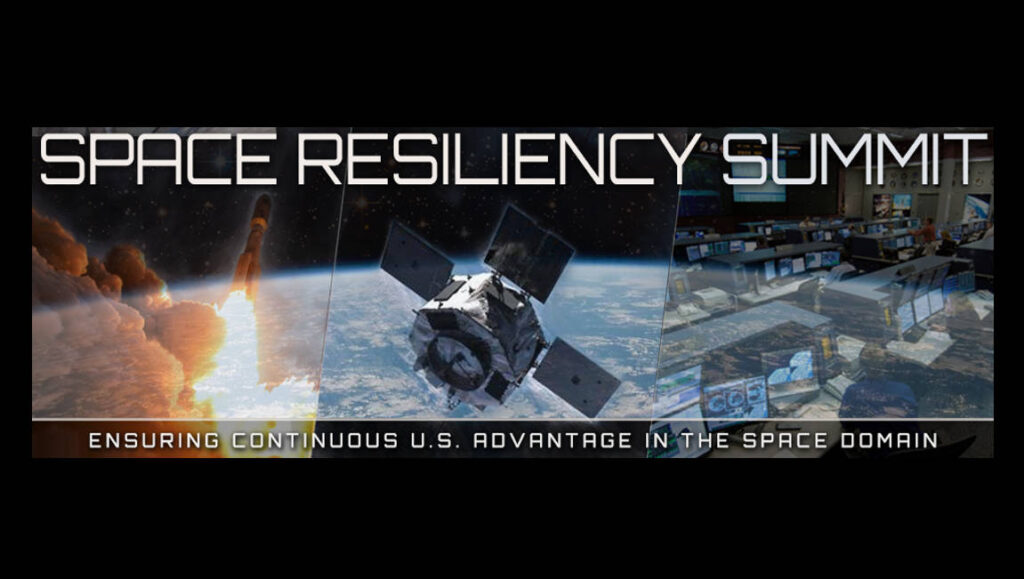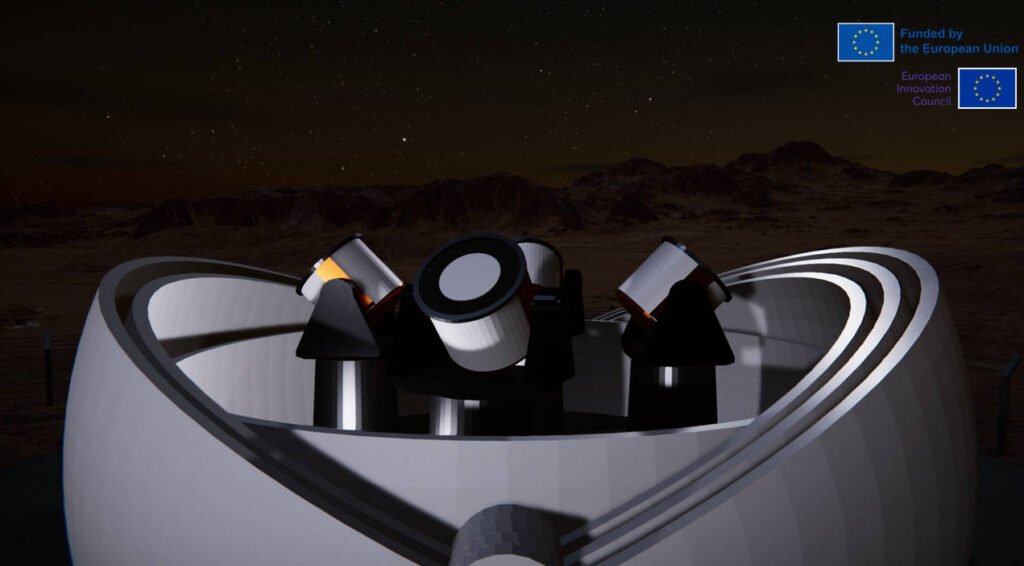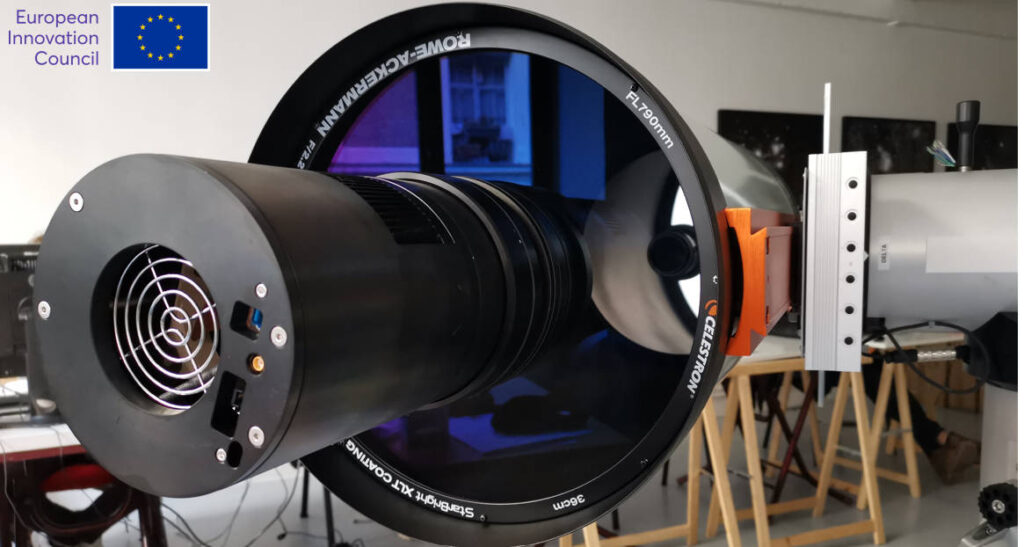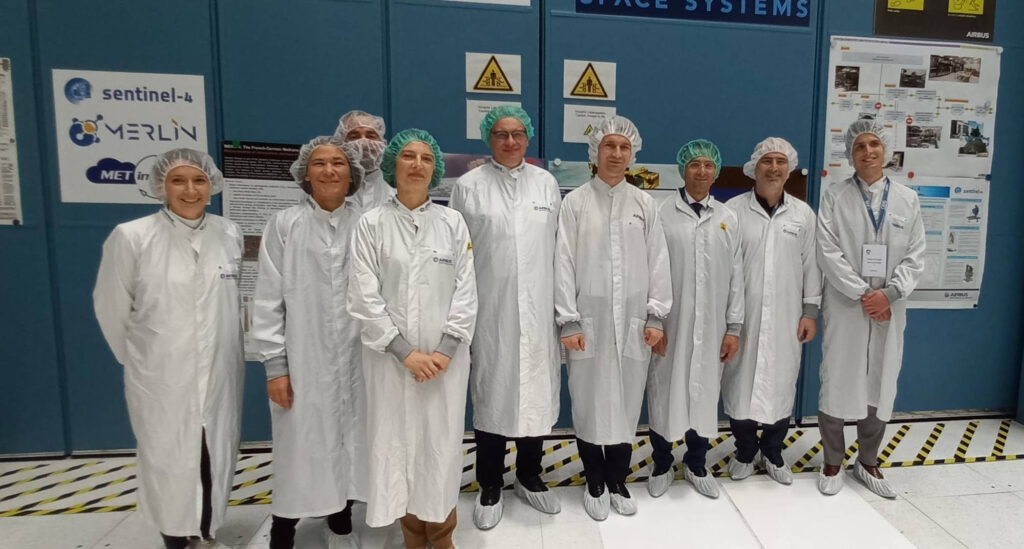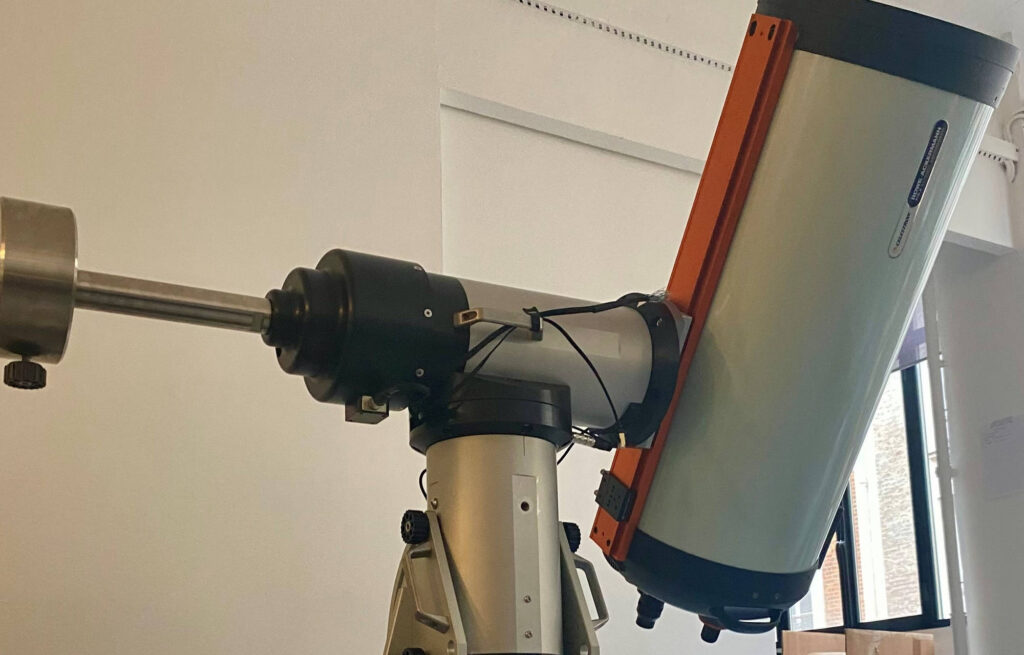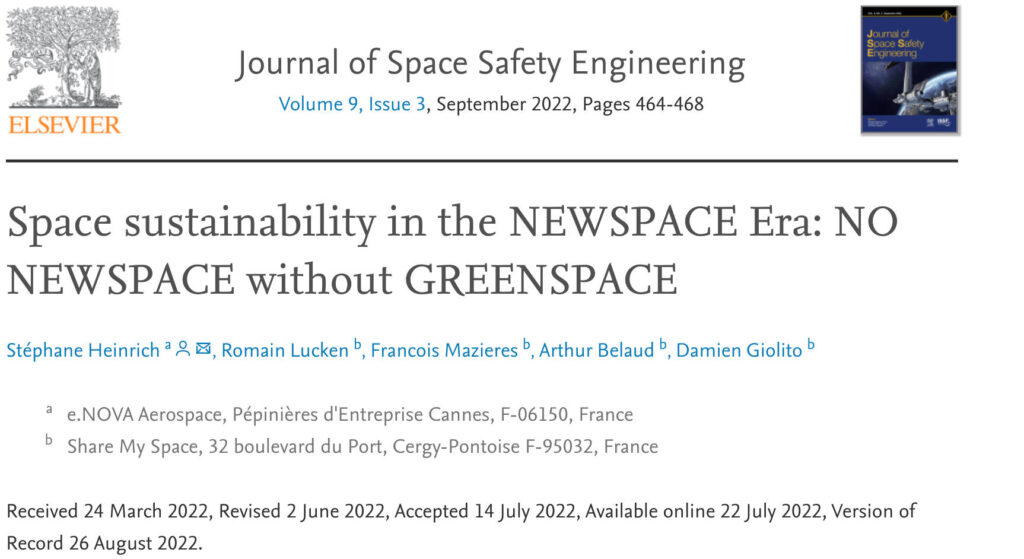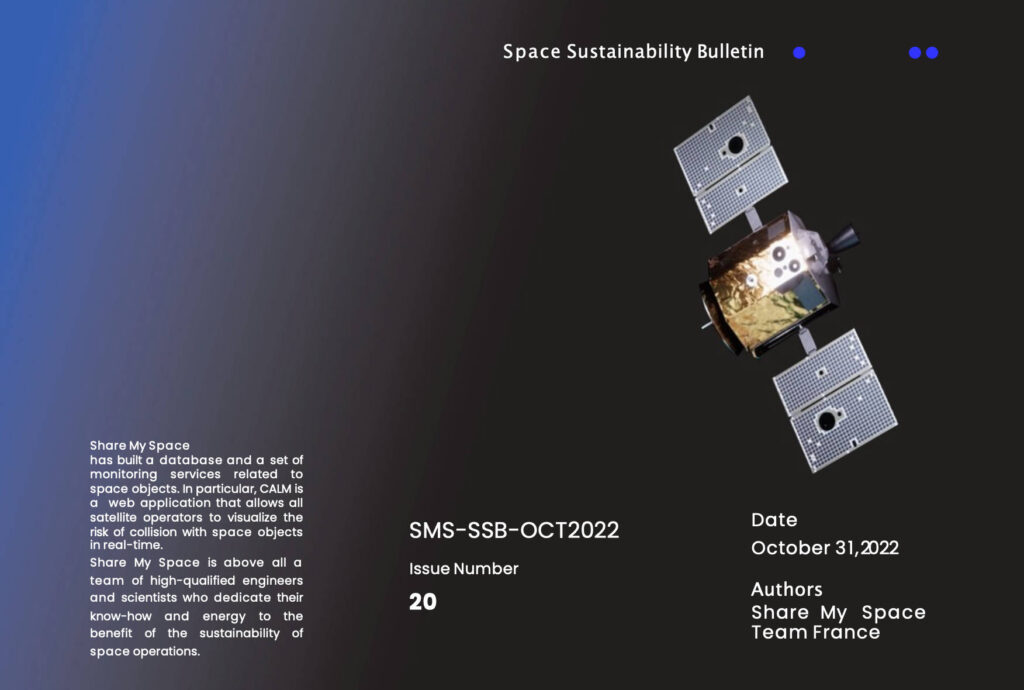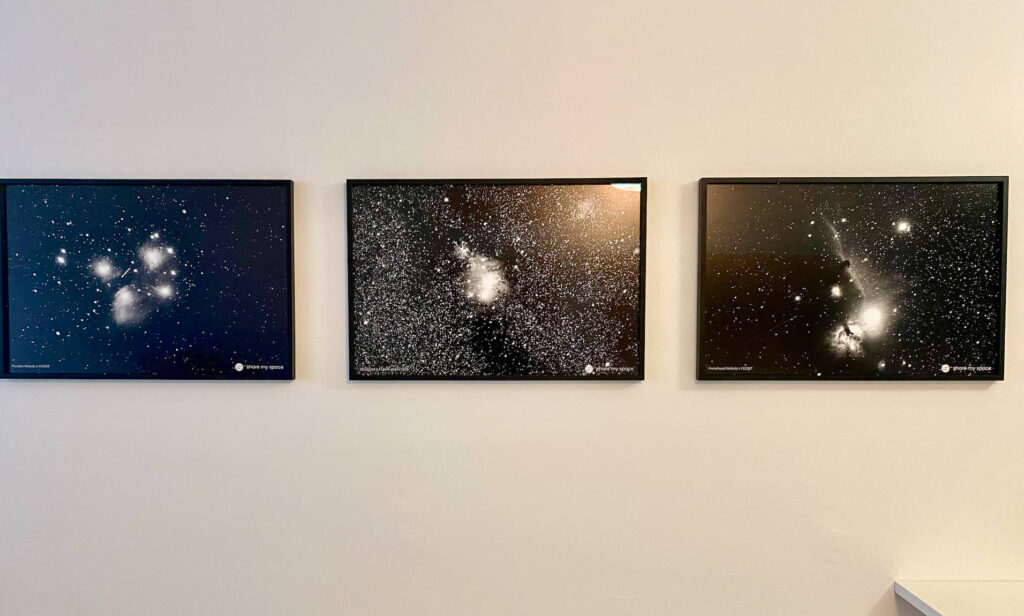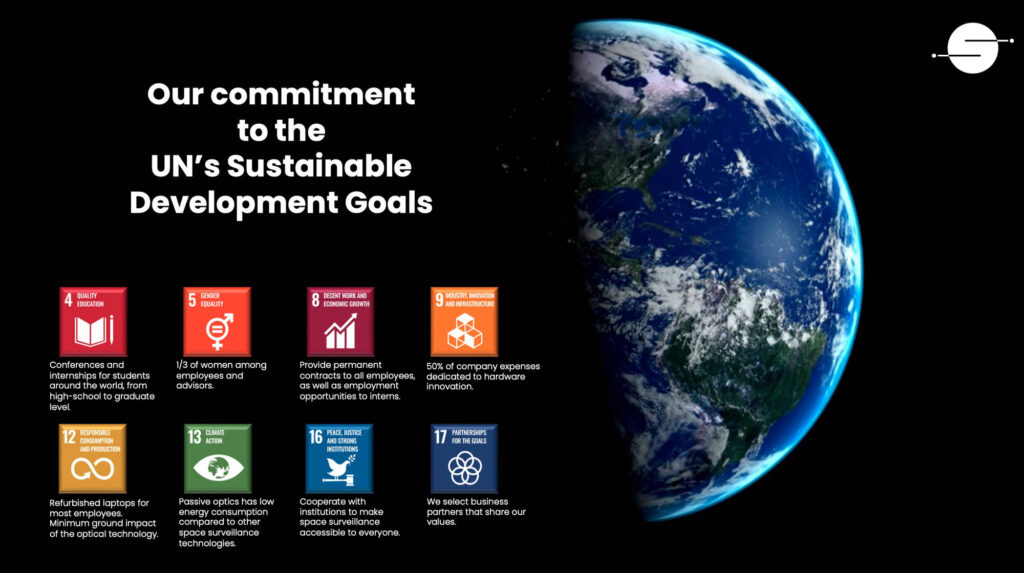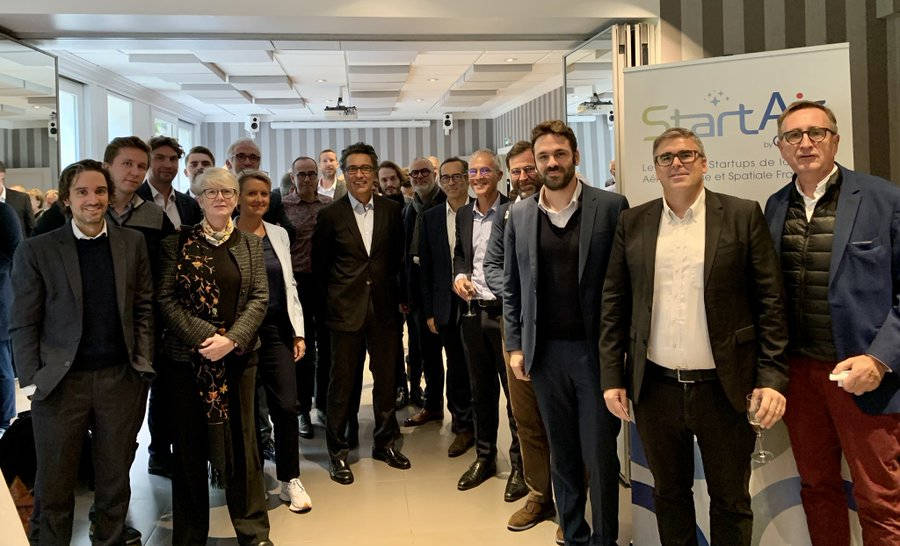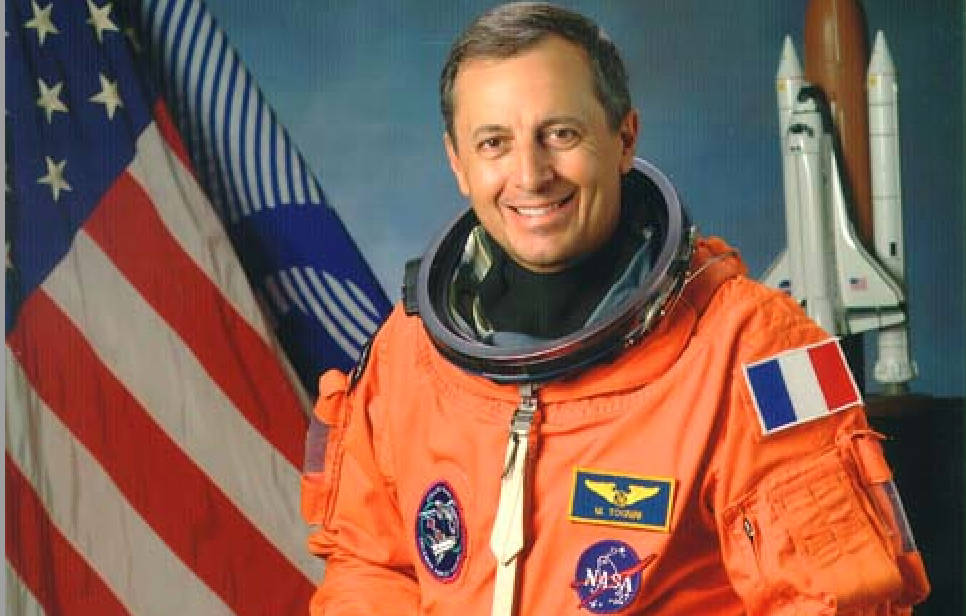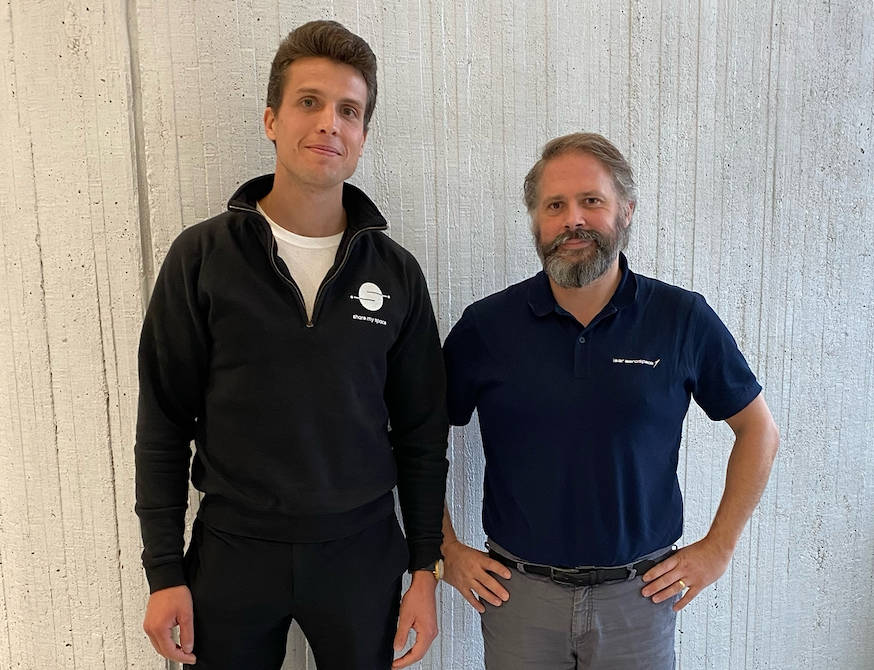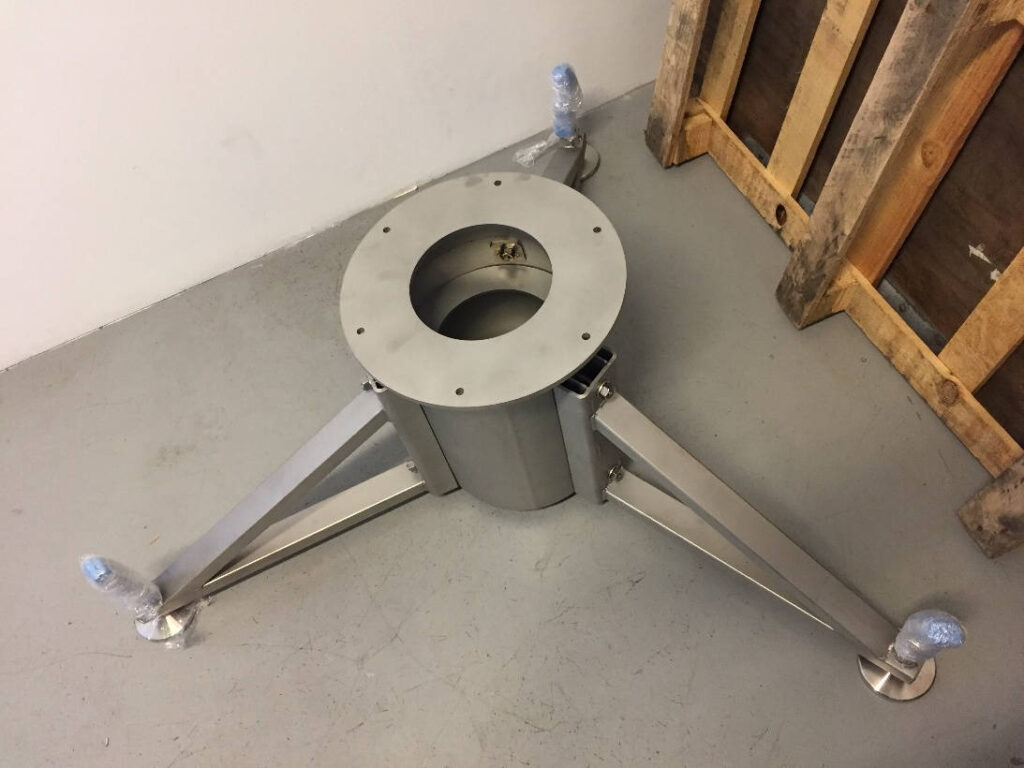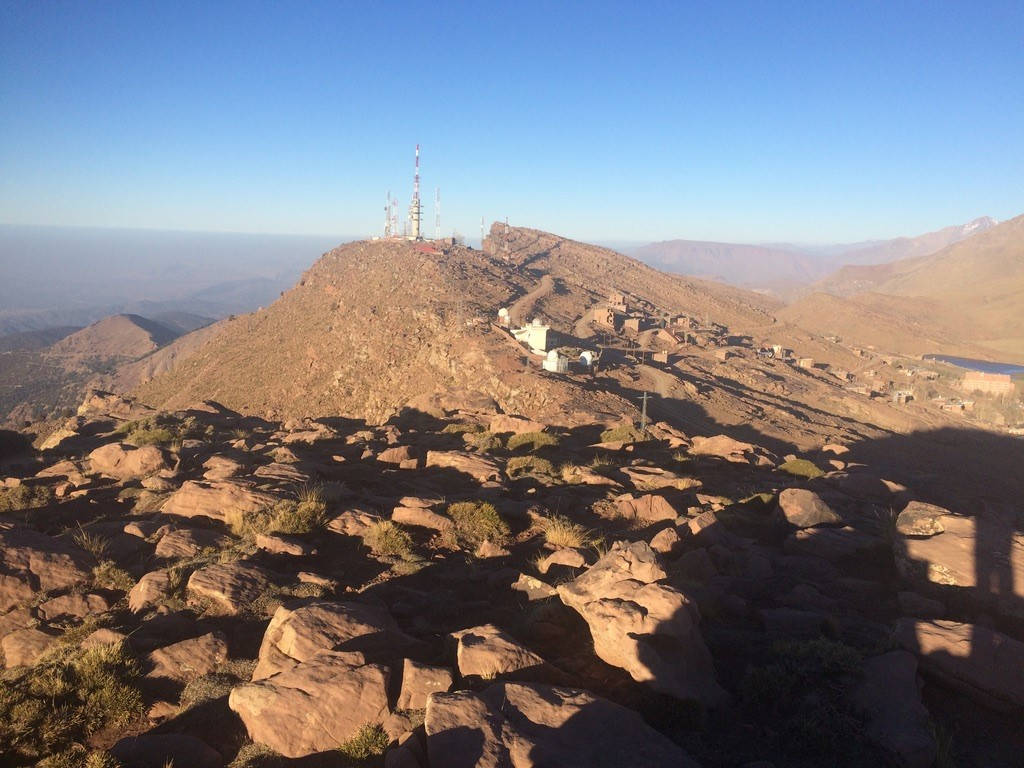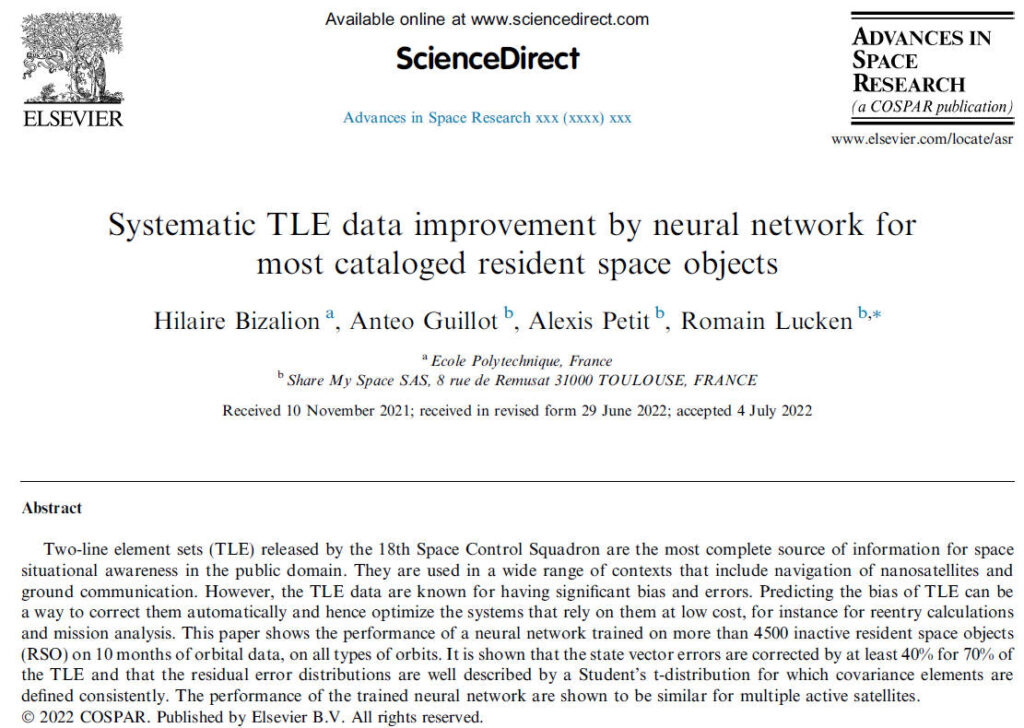Documentary: Wild Wild Space
Documentary: Wild Wild Space
Review
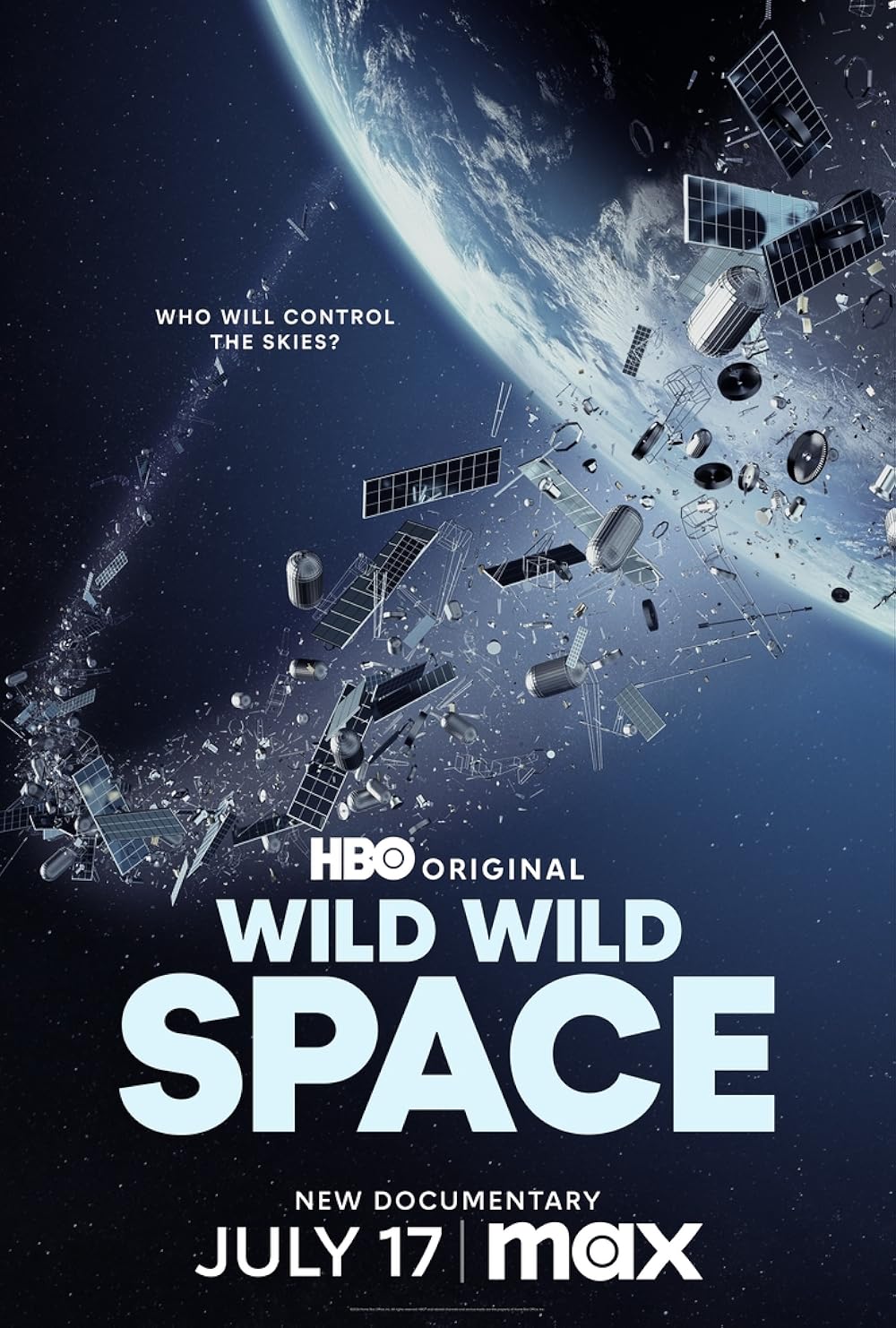
The New Frontier of Private Space Exploration
The documentary Wild Wild Space opens with a scene that is both revealing and symbolic, where Chris Kemp, CEO of Astra, informs his passenger that he is driving without a valid license, in an unregistered car, and without insurance. This bold act embodies the spirit that runs throughout the film: audacity and risk as the driving forces of the new space race. Directed by Ross Kauffman, the film traces the beginnings of this new era, focusing not on governmental agencies but on private companies like Astra, Rocket Lab, and Planet Labs. These pioneers, though less well-known than SpaceX, exemplify the diversity of ambitions and approaches shaping the contemporary space industry.
Through the portrait of these three companies, Wild Wild Space (adapted from the book When the Heavens Went on Sale by Ashlee Vance) interrogates the privatization of space, where the fate of humanity now seems to rest in the hands of entrepreneurs rather than governments. This transformation, where individuals like Kemp and Beck of Rocket Lab are redefining the rules, raises fundamental questions about space governance and the implications of this power shift. Planet Labs, for example, seeks to champion a humanistic approach, naming its satellites “Doves” as a symbol of peace, yet the film highlights the risks associated with the widespread commercial availability of Earth observation data. The documentary notably emphasizes that these issues crystallized during the invasion of Ukraine, where Planet and SpaceX played strategic roles by providing critical military services.
The beauty of this industry is that you can make all the promises in the world, but at some point you have to offer something concrete. – Ashlee Vance, journalist
In this context, Aldoria positions itself as a key player in space surveillance, countering the potential chaos that could arise from the explosion of private activities in space. While the film portrays a sector in full swing, marked by the boundless and sometimes reckless ambitions of some entrepreneurs, Aldoria brings essential scientific and technological rigor to the security of low Earth orbit. This space, which has become a true “gateway” for all future missions to the Moon, Mars, or other solar systems, must be protected. Even a small piece of debris can cause collisions with dramatic consequences, and it is precisely here that Aldoria intervenes with its advanced surveillance capabilities. The parallel between the personal stories of the founders of Astra, Rocket Lab, and Planet Labs, and Aldoria’s mission reveals a fundamental tension: between the excitement of a private space race and the necessity of ensuring safety and sustainability in this new frontier.
The documentary also raises broader questions about regulation: in a sector where technology evolves at a dizzying pace, public institutions struggle to keep up. The grand ambitions of some actors, as exemplified by Astra’s drive to build low-cost rockets, highlight the challenges the international community faces in regulating these activities. As Peter Beck, CEO of Rocket Lab, points out, it is not just about seeing how “cheap and mediocre” a rocket can be made but understanding the deeper implications of industrializing space without an institutional safety net.
All the problems we have on Earth, we’re going to export to space, that’s for sure. – Jonathan McDowell, Astrophysicist at the Harvard-Smithsonian Center for Astrophysics
Aldoria, as a sentinel of space, plays a crucial role here. While private actors transform access to low Earth orbit, Aldoria ensures that this critical zone remains navigable and safe for future generations. The film thus explores the paradox of an industry where promises of prosperity and innovation coexist with colossal risks, and where regulation lags behind rapid technological advances. In this context, Aldoria stands as one of the few sentinels of this new frontier, capable of ensuring that low Earth orbit, with its thousands of satellites and strategic importance, remains an accessible and secure space.
In conclusion, Wild Wild Space offers a reflection on the future of humanity in space, a domain now shaped by visionary—yet sometimes reckless—entrepreneurs. In the face of this relentless pursuit, Aldoria distinguishes itself through its pragmatic and rigorous approach, aiming to prevent excesses and ensure the protection of space infrastructures. While the film questions the impact of the flamboyant personalities that now dominate the space industry, it also shows that those, like Aldoria, who work to secure low Earth orbit will play a fundamental role in defining the rules of the game to come.
Press Release

Interview for Air&Cosmos
MoU signature
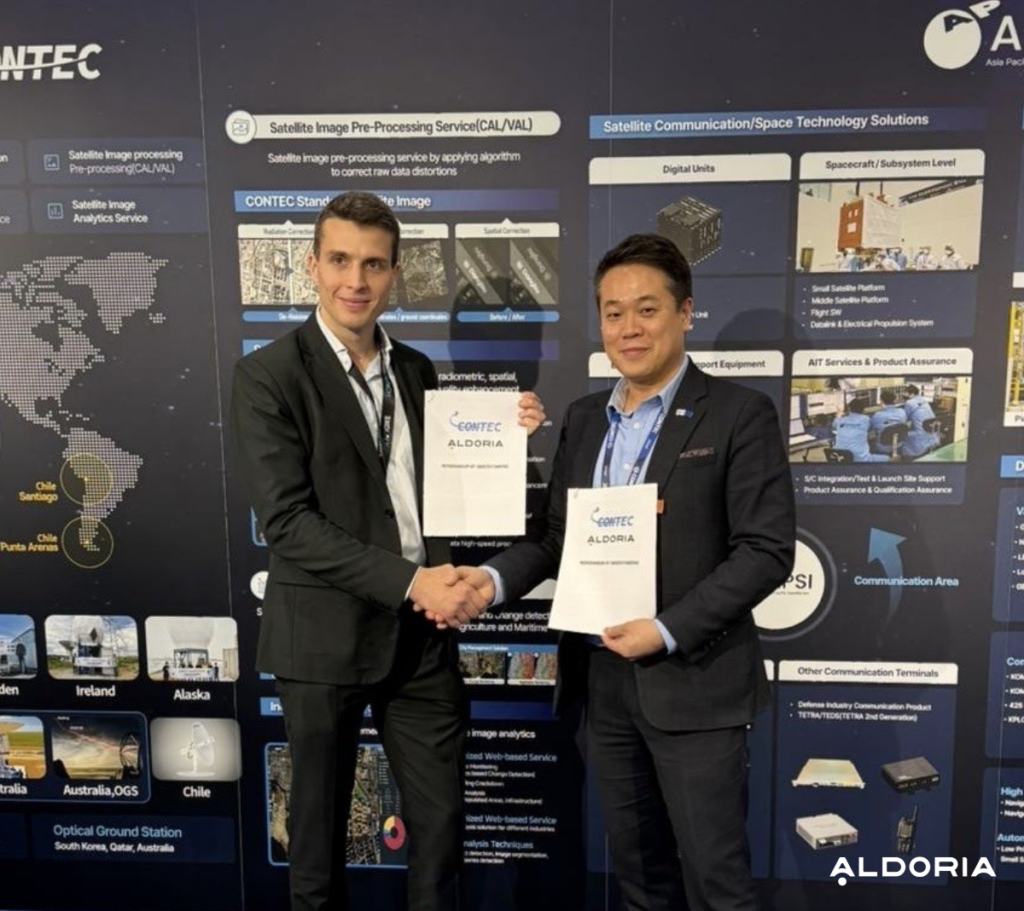
Opinion

